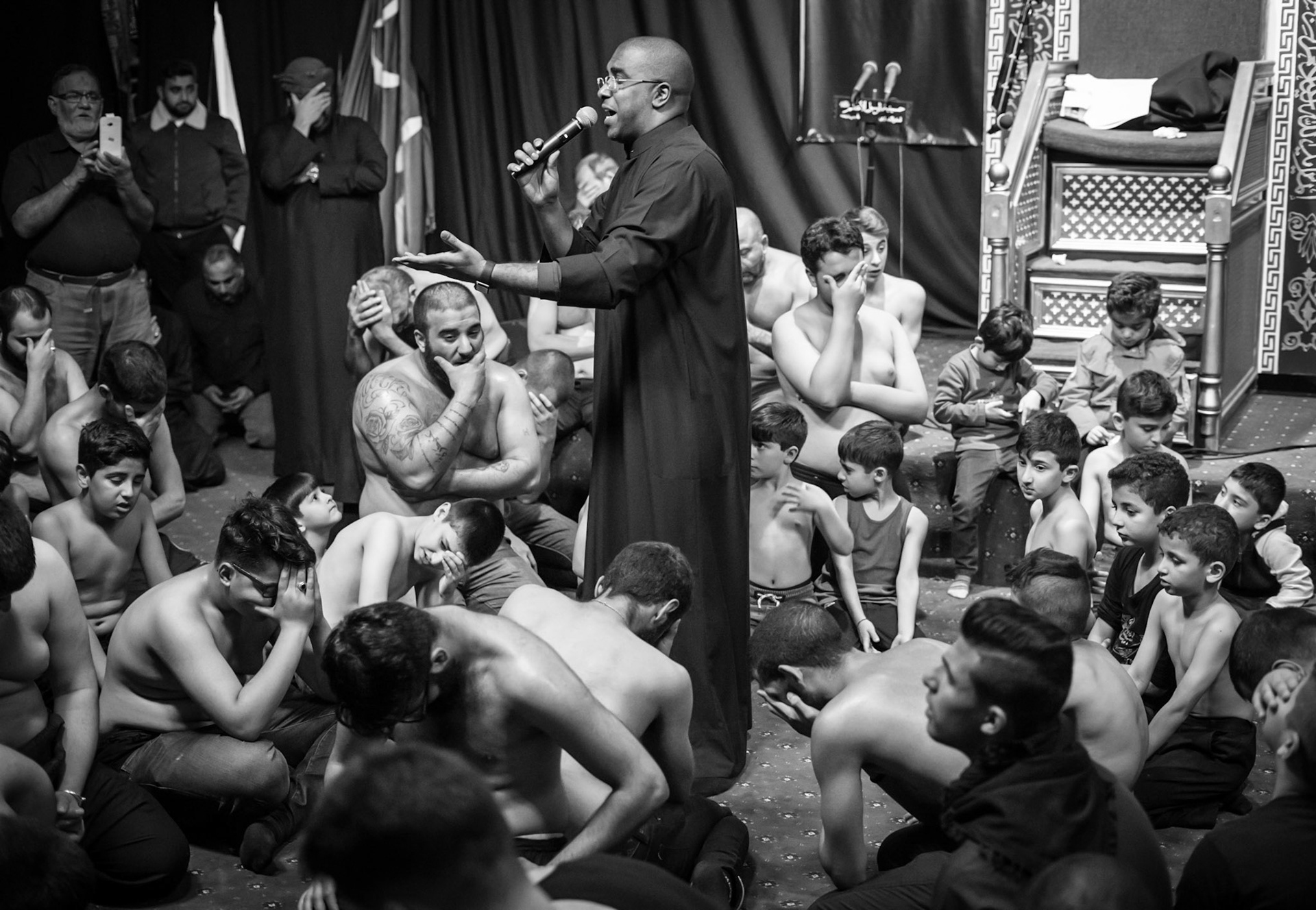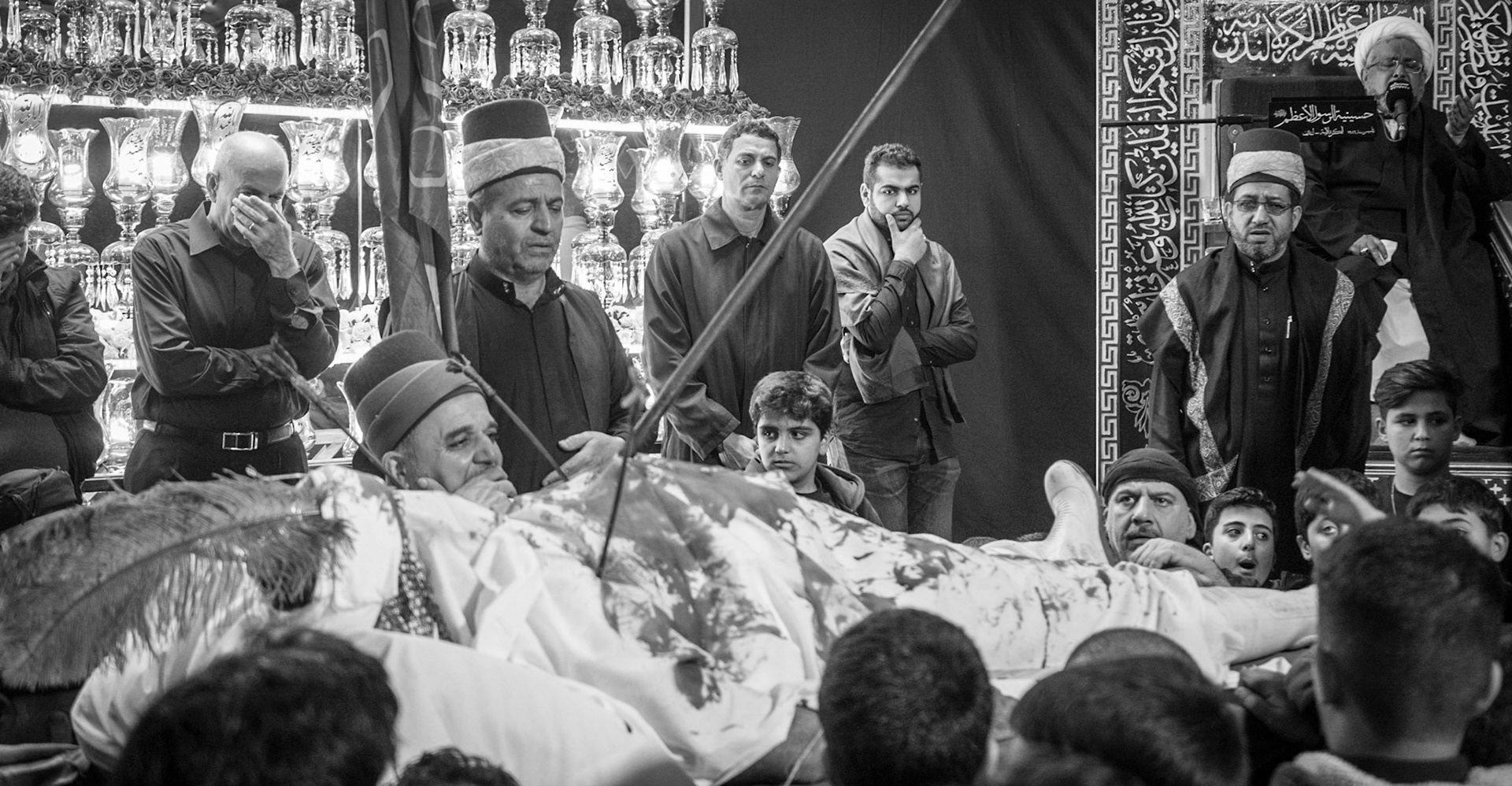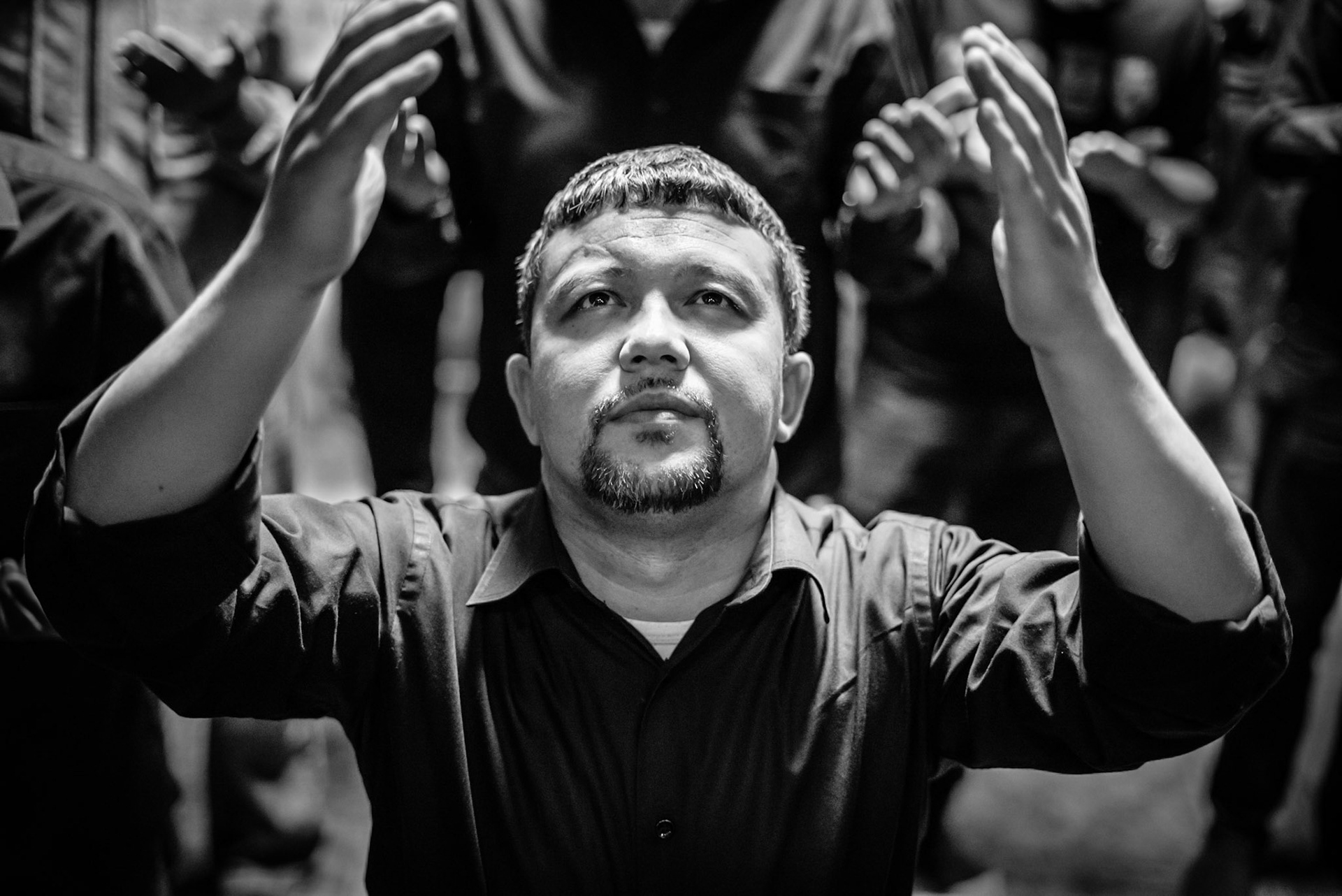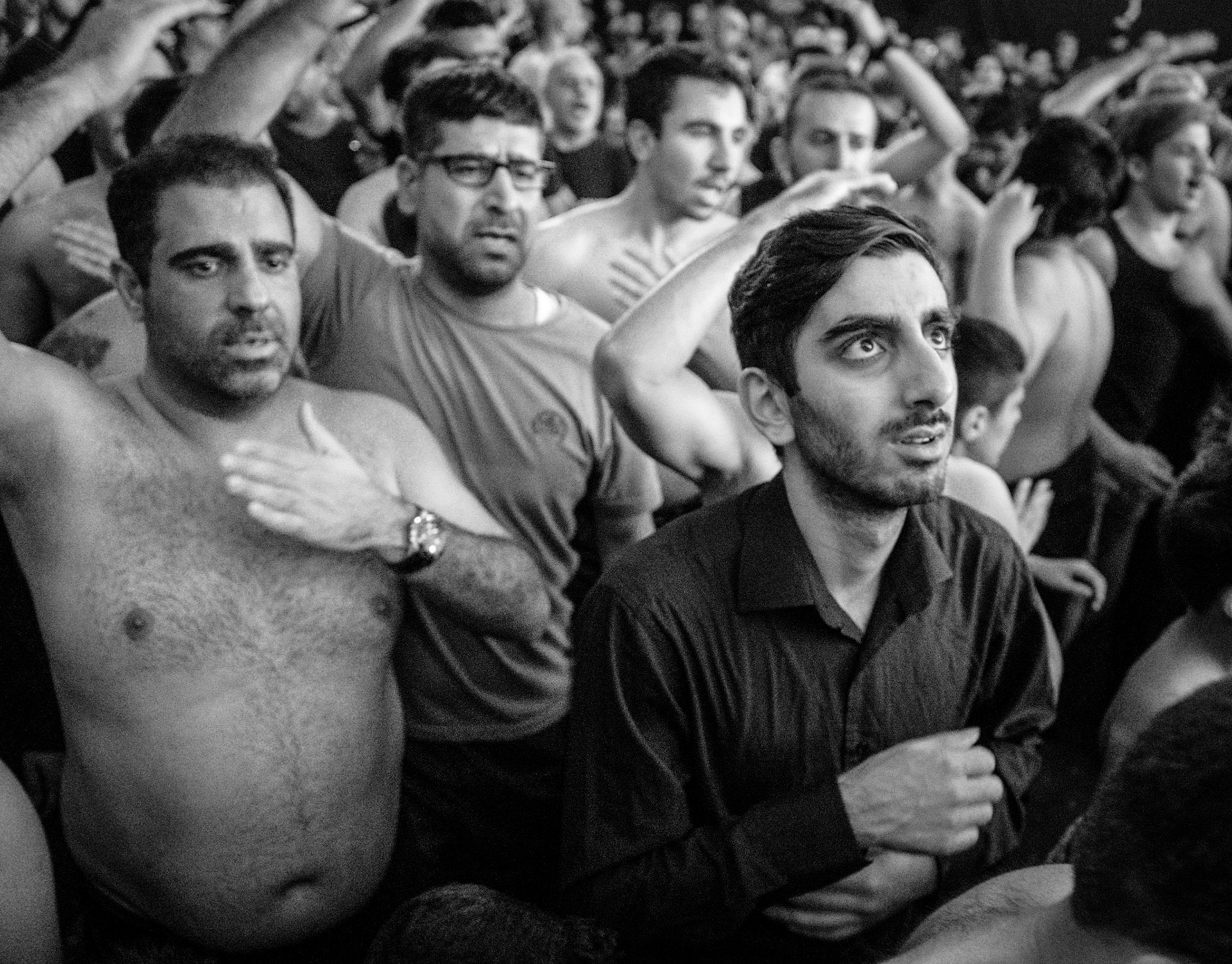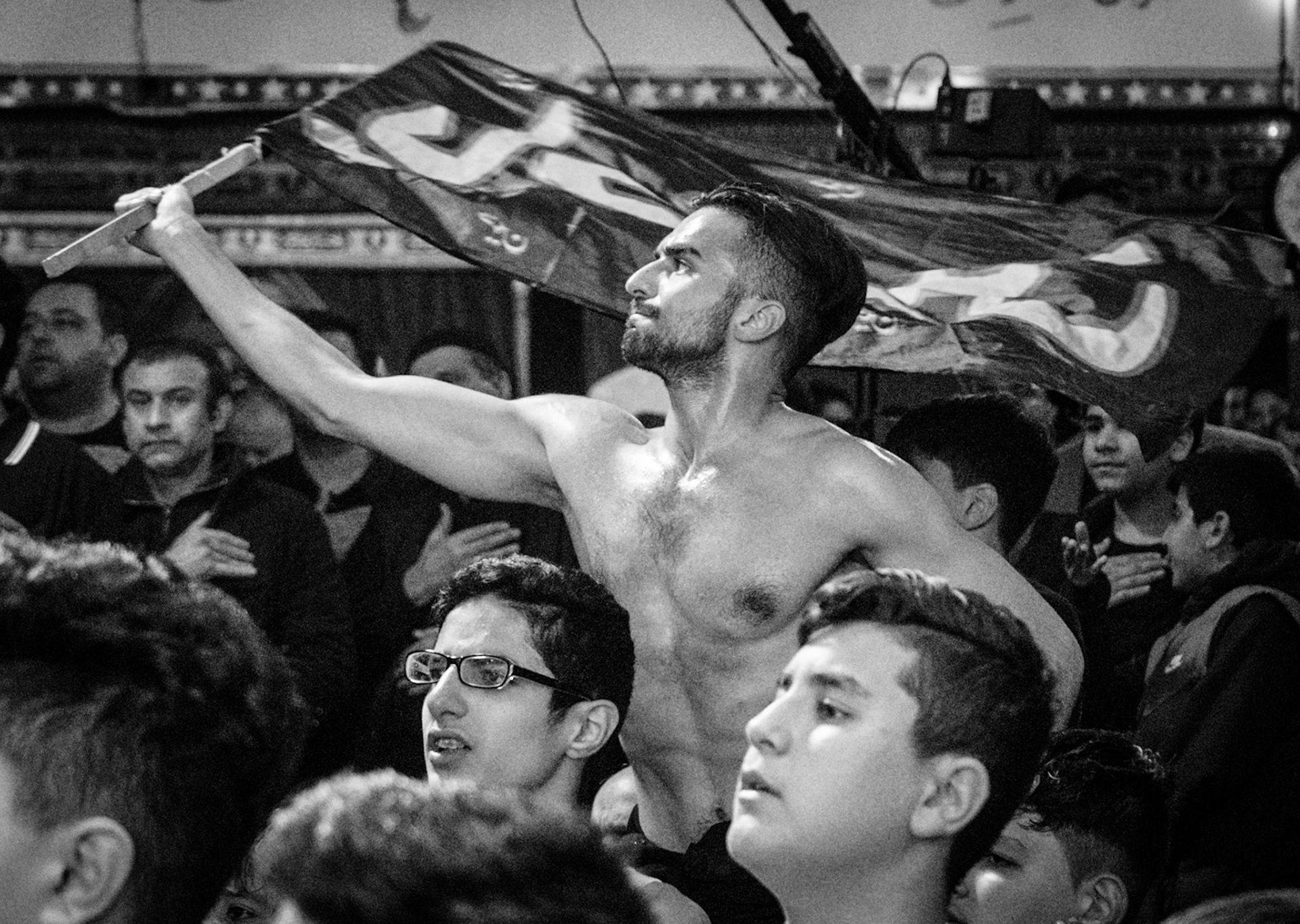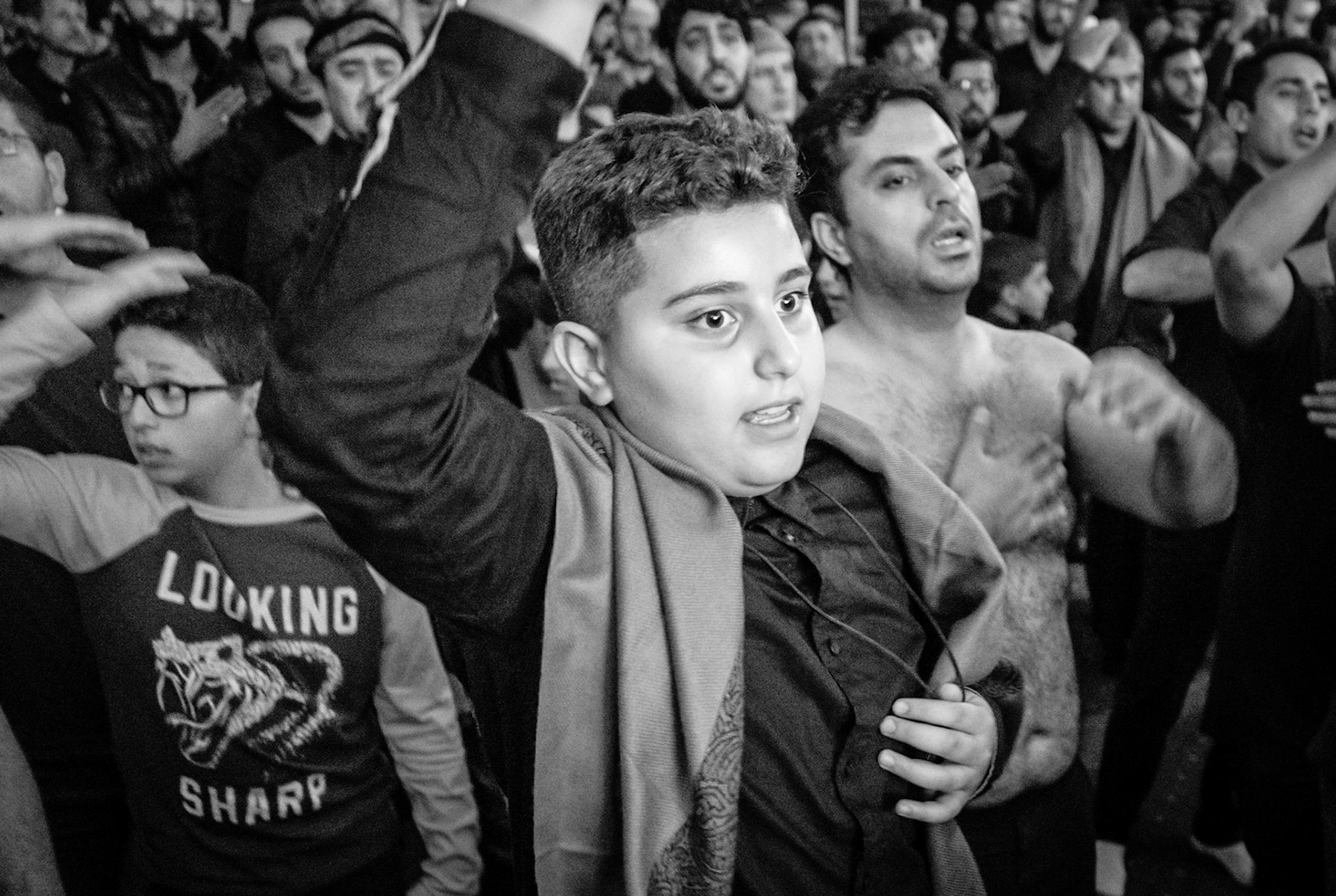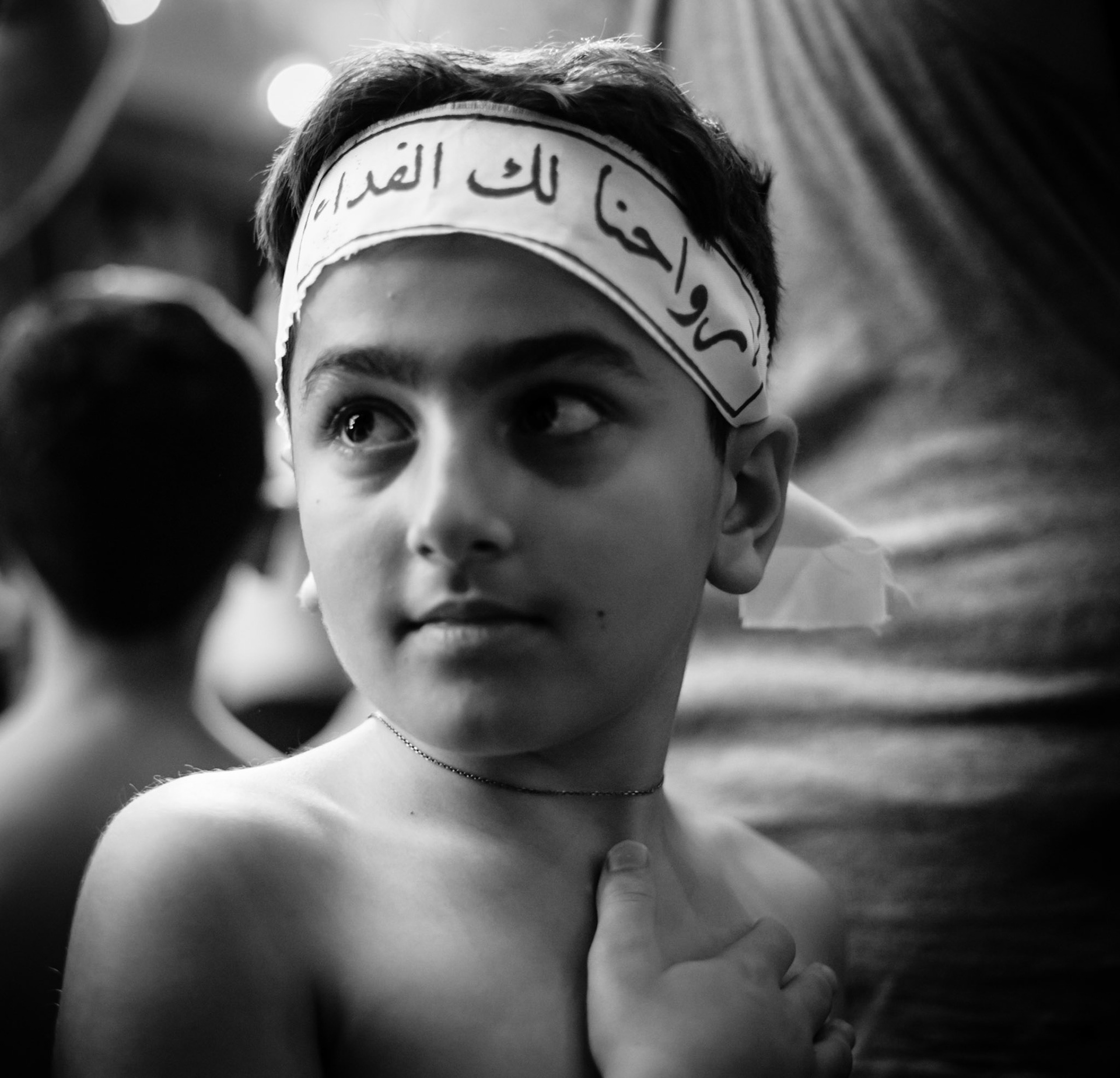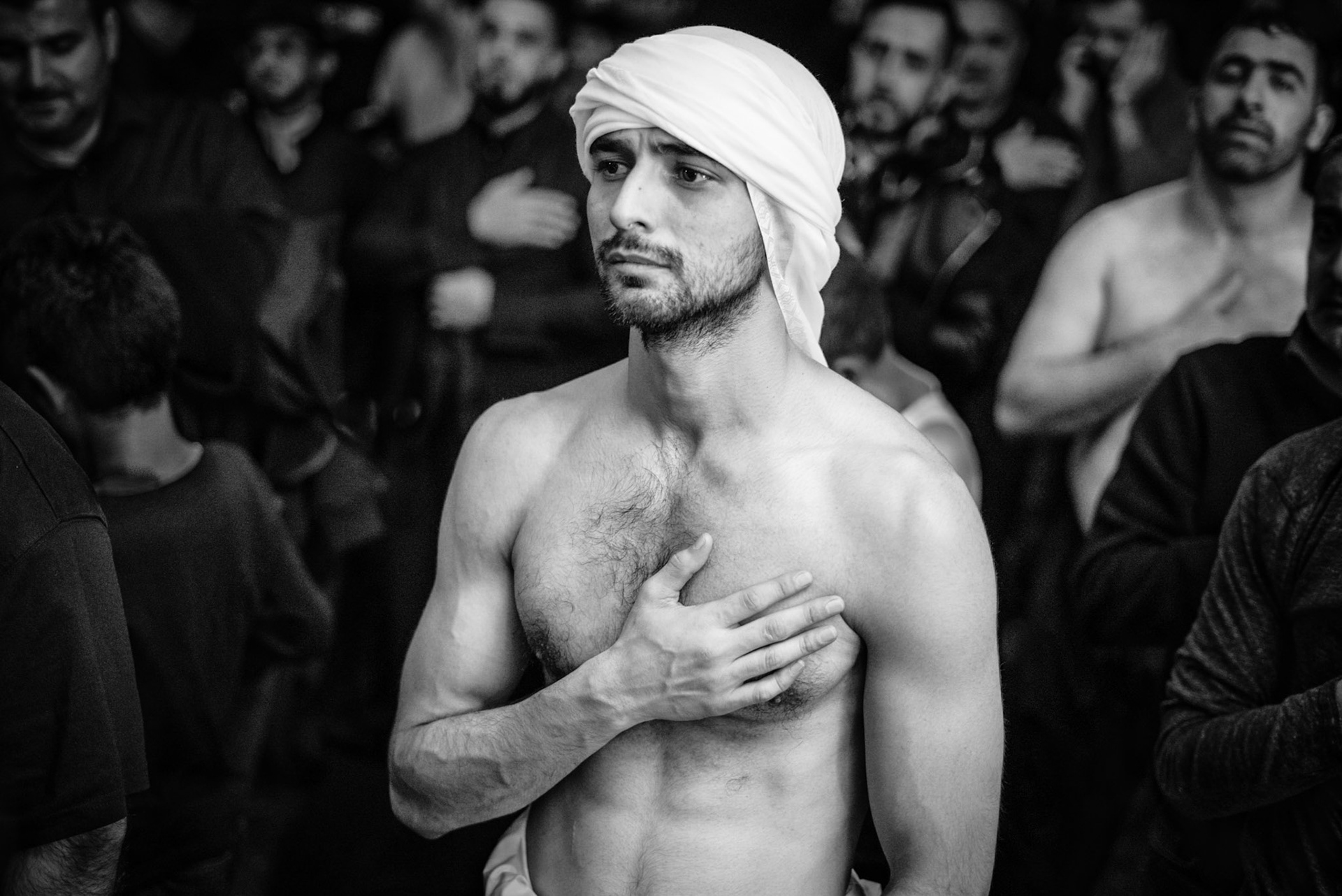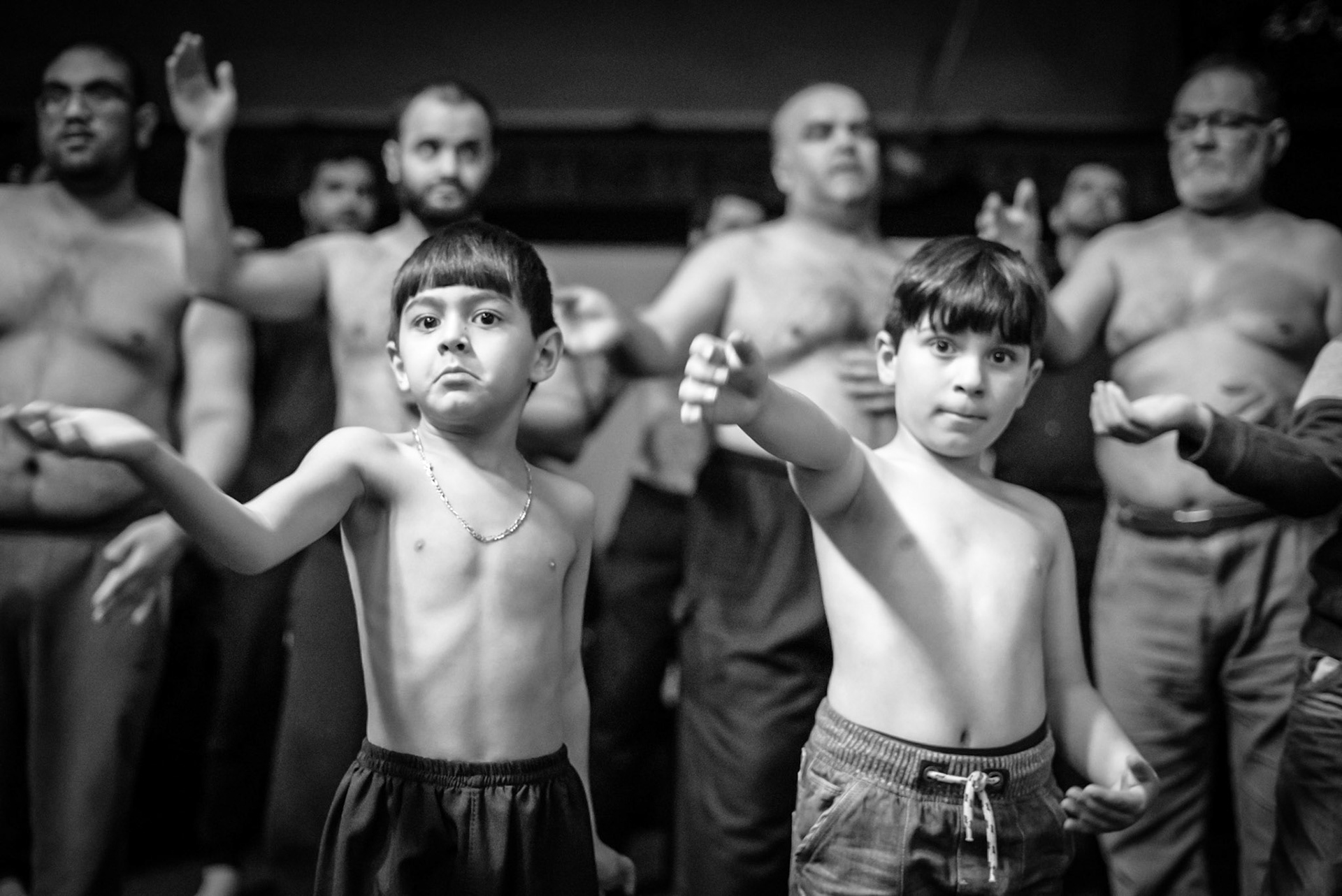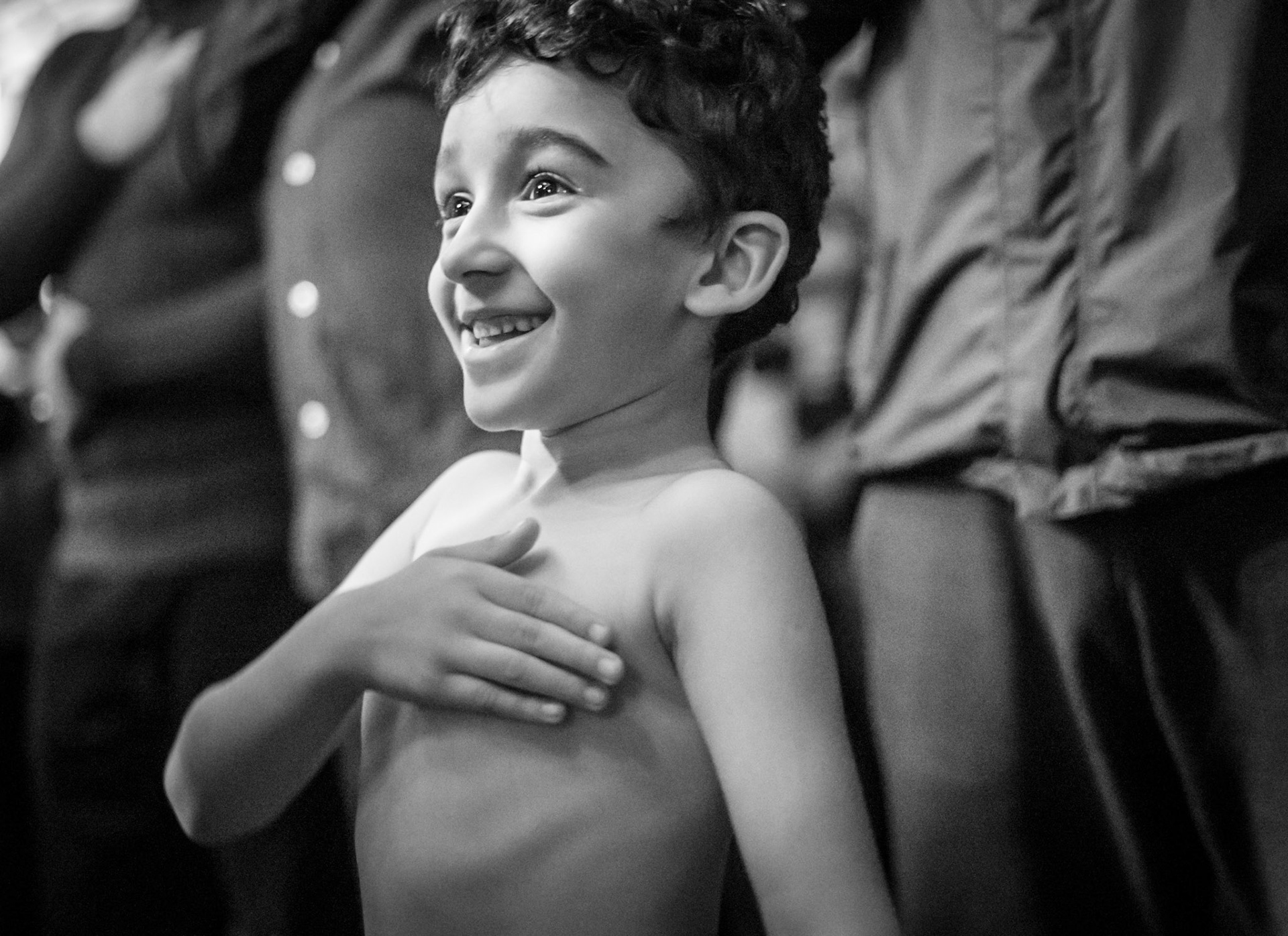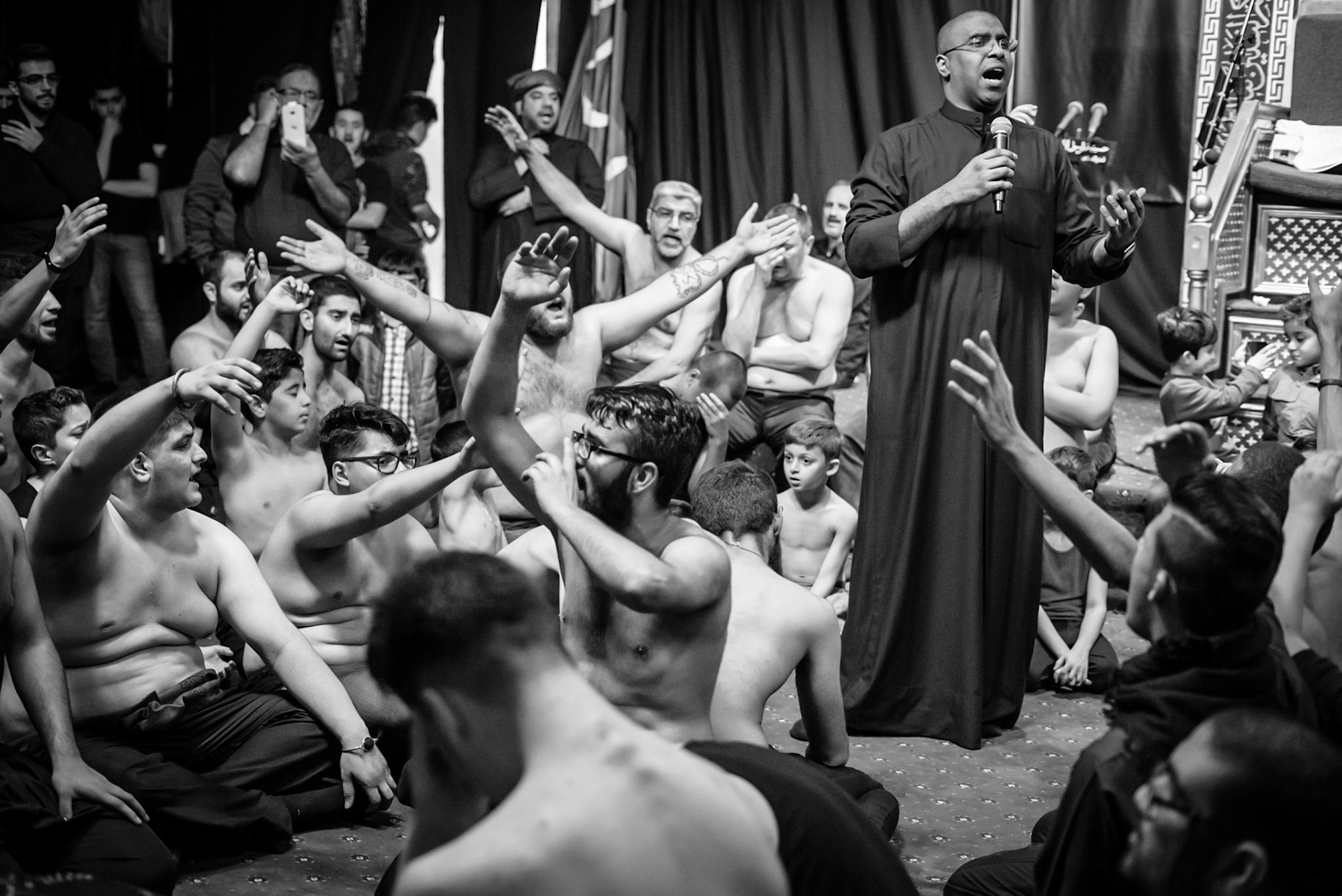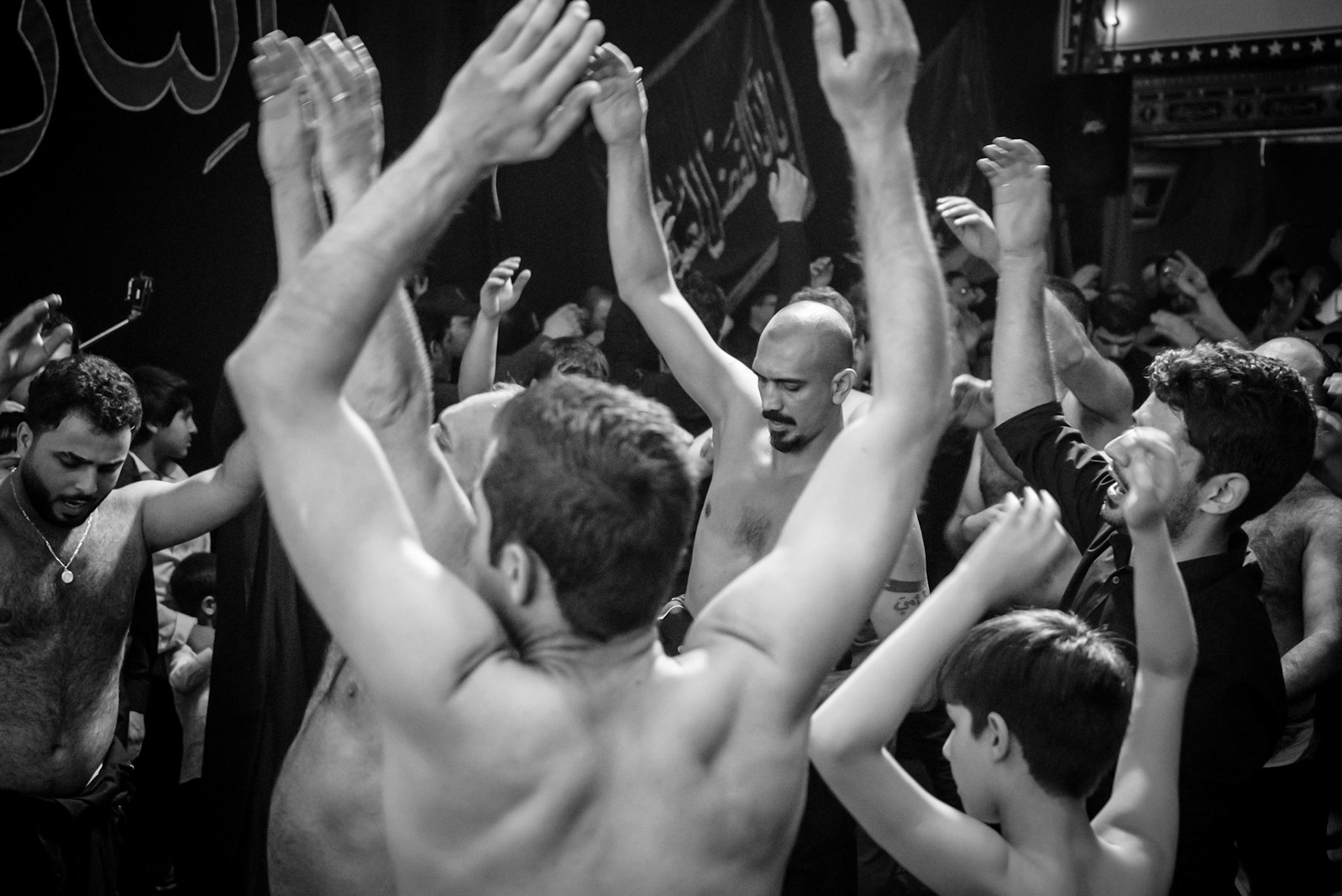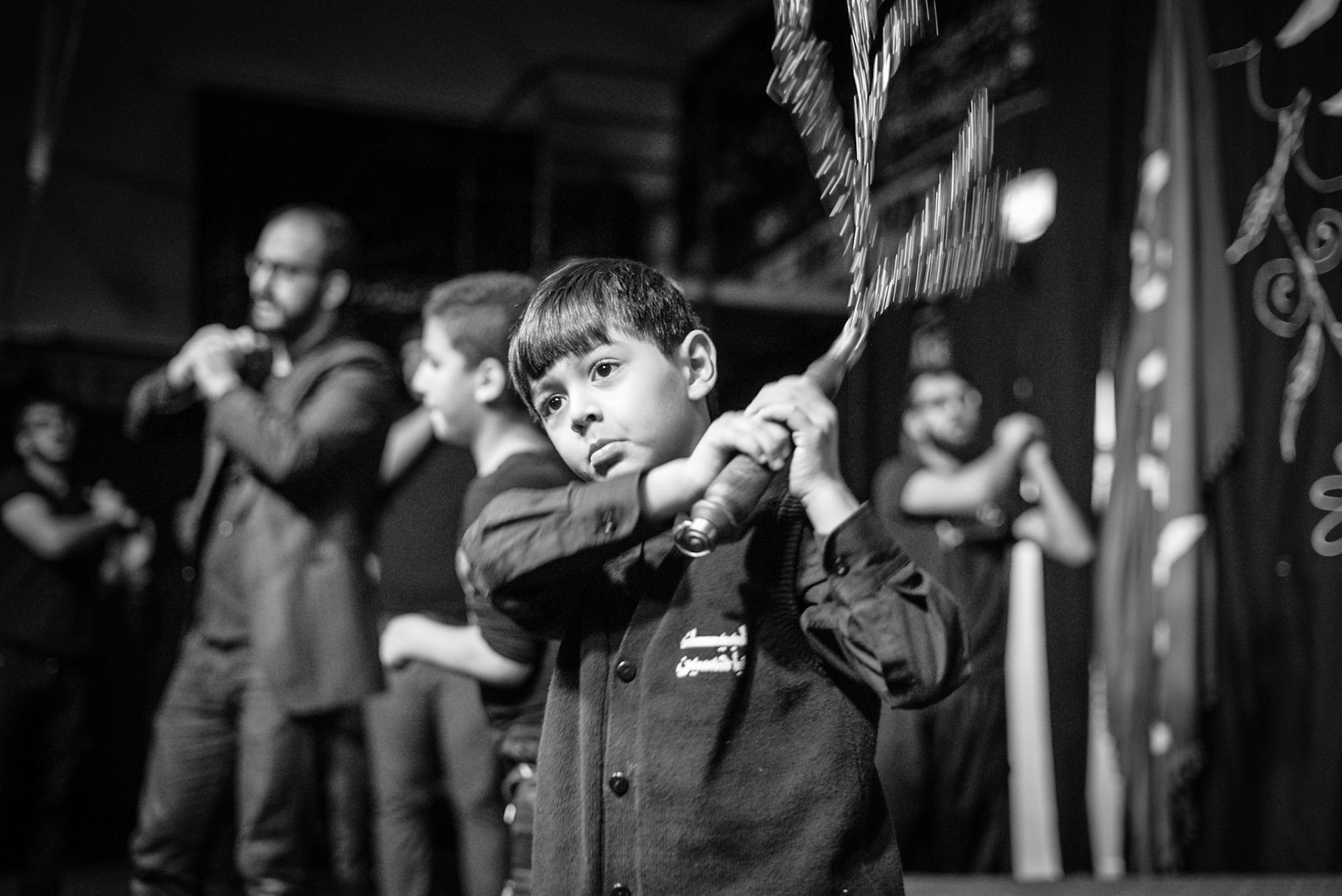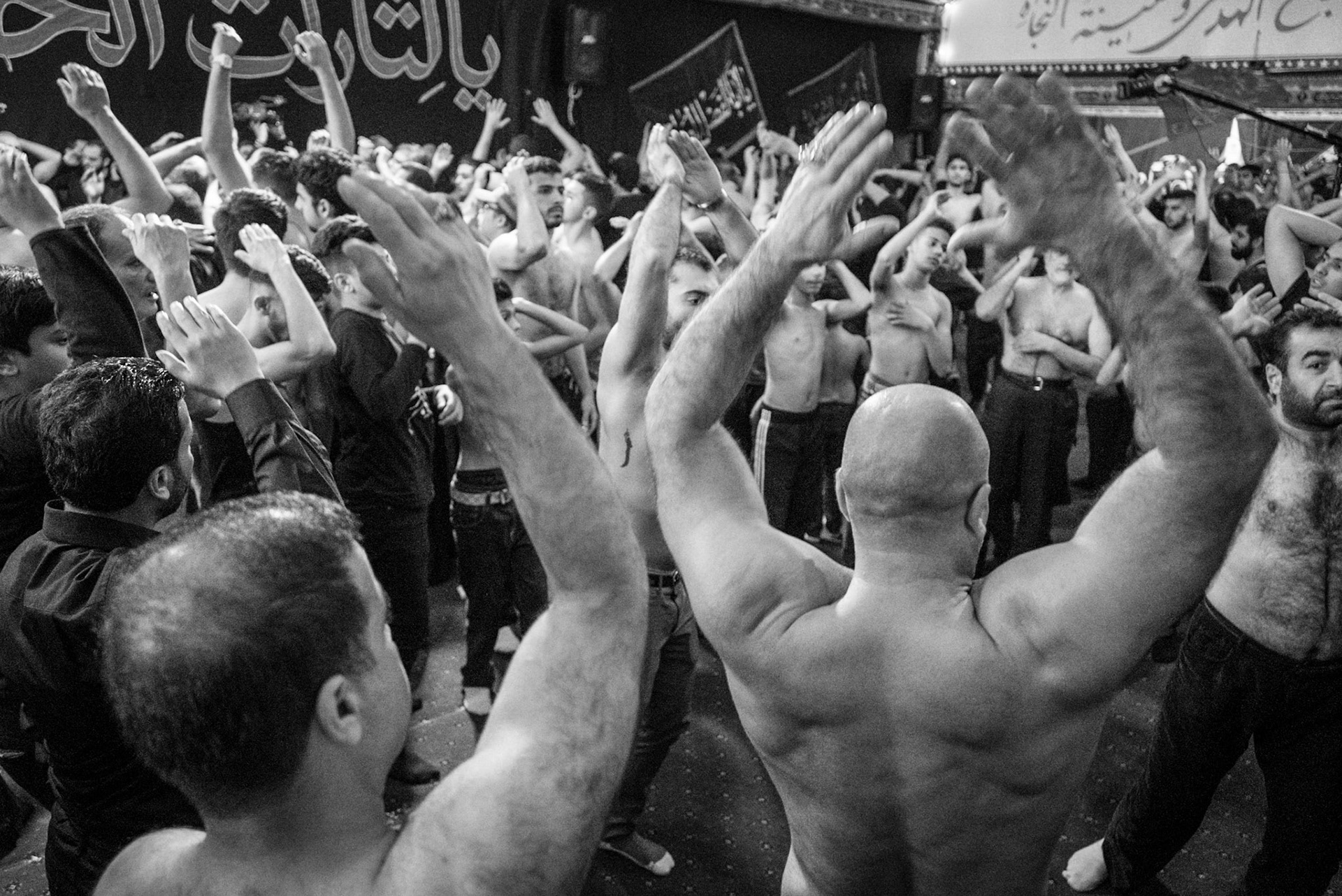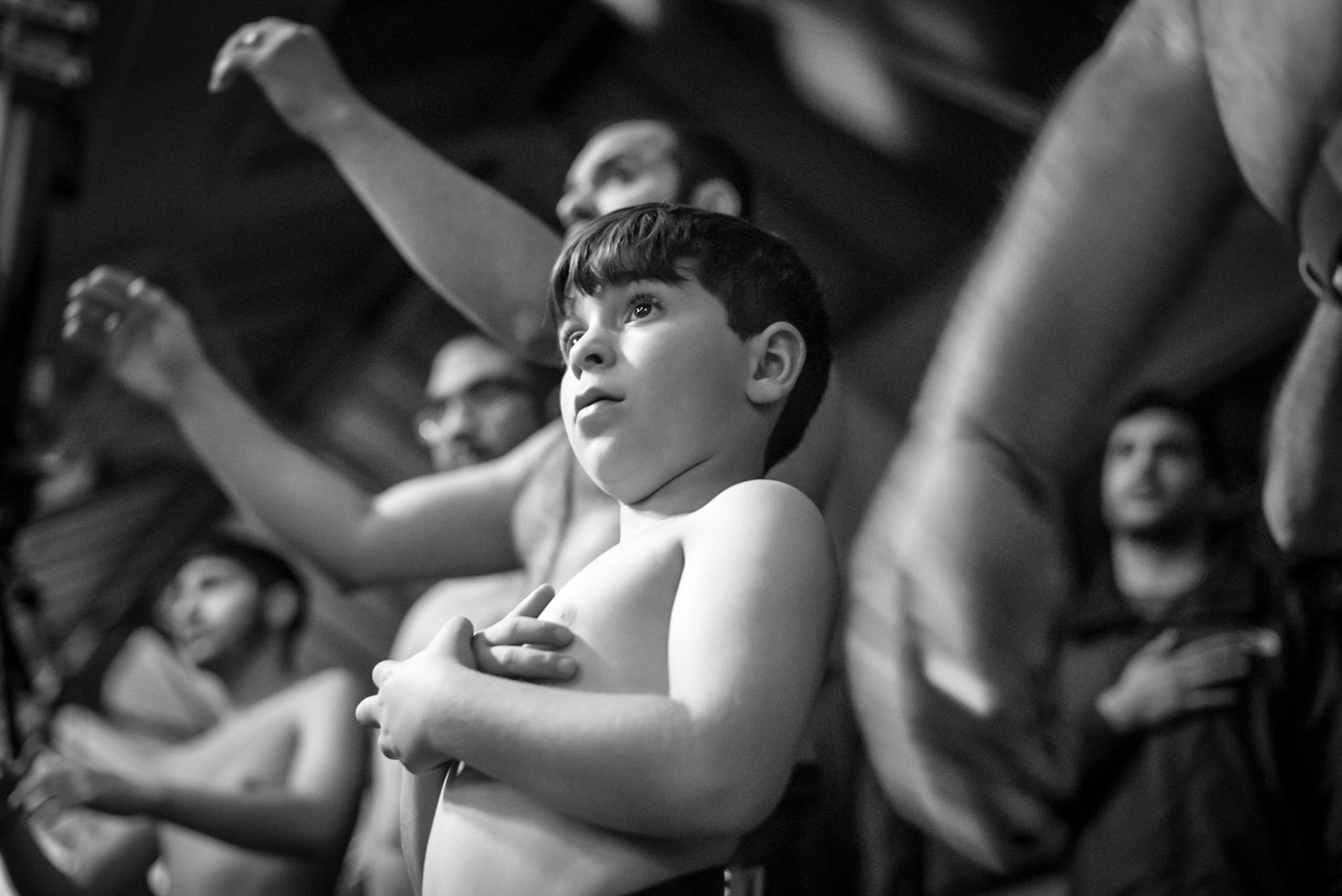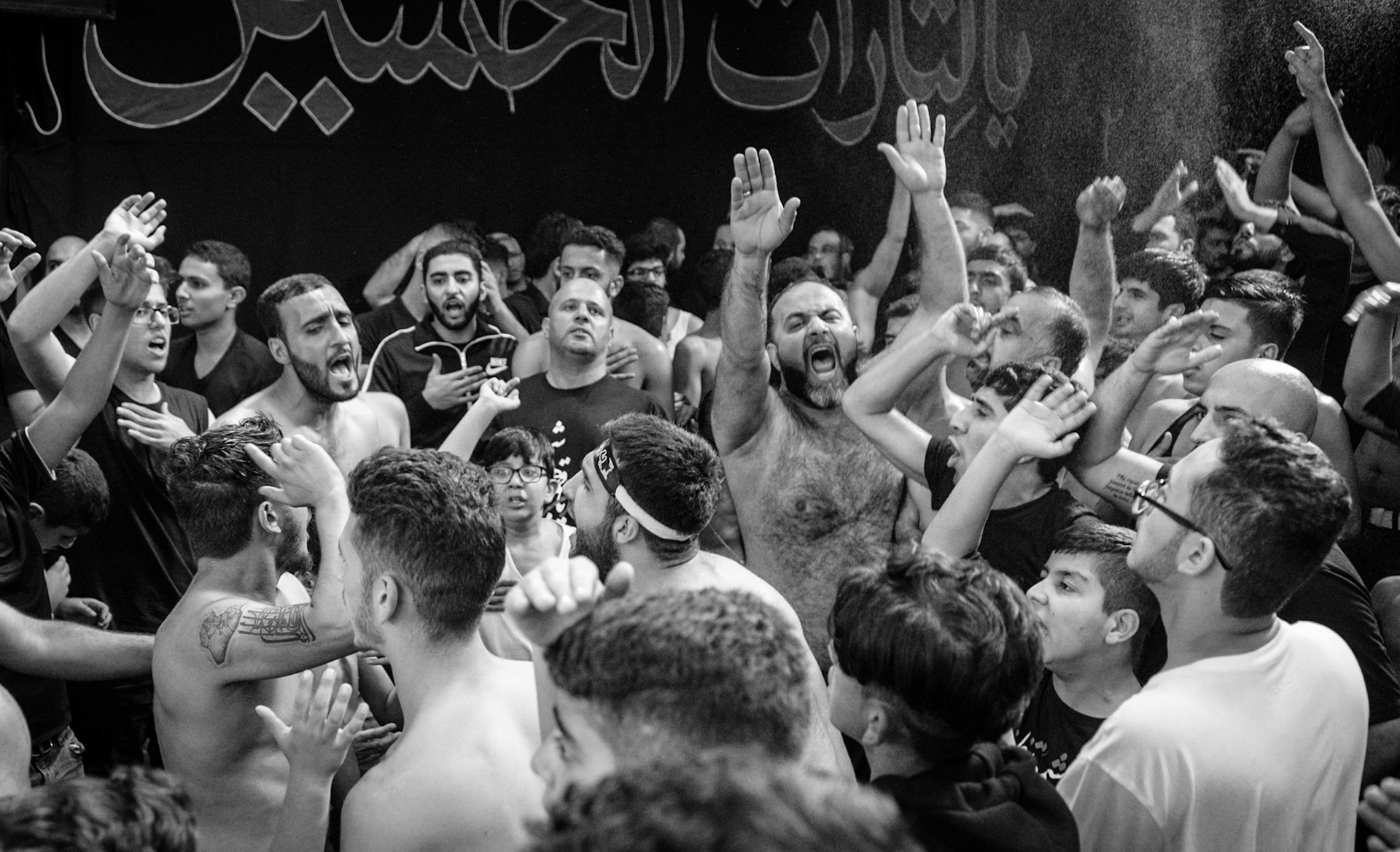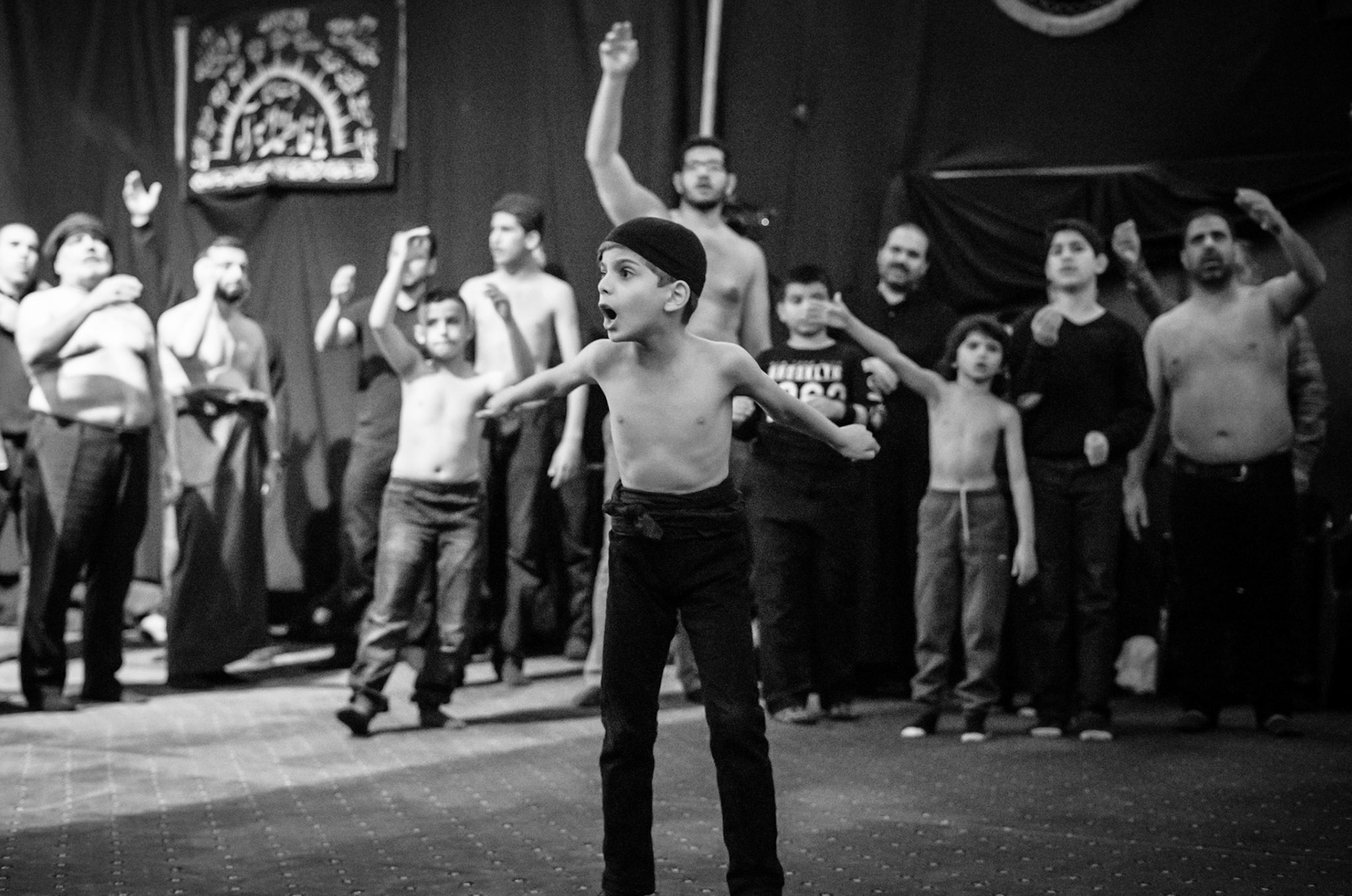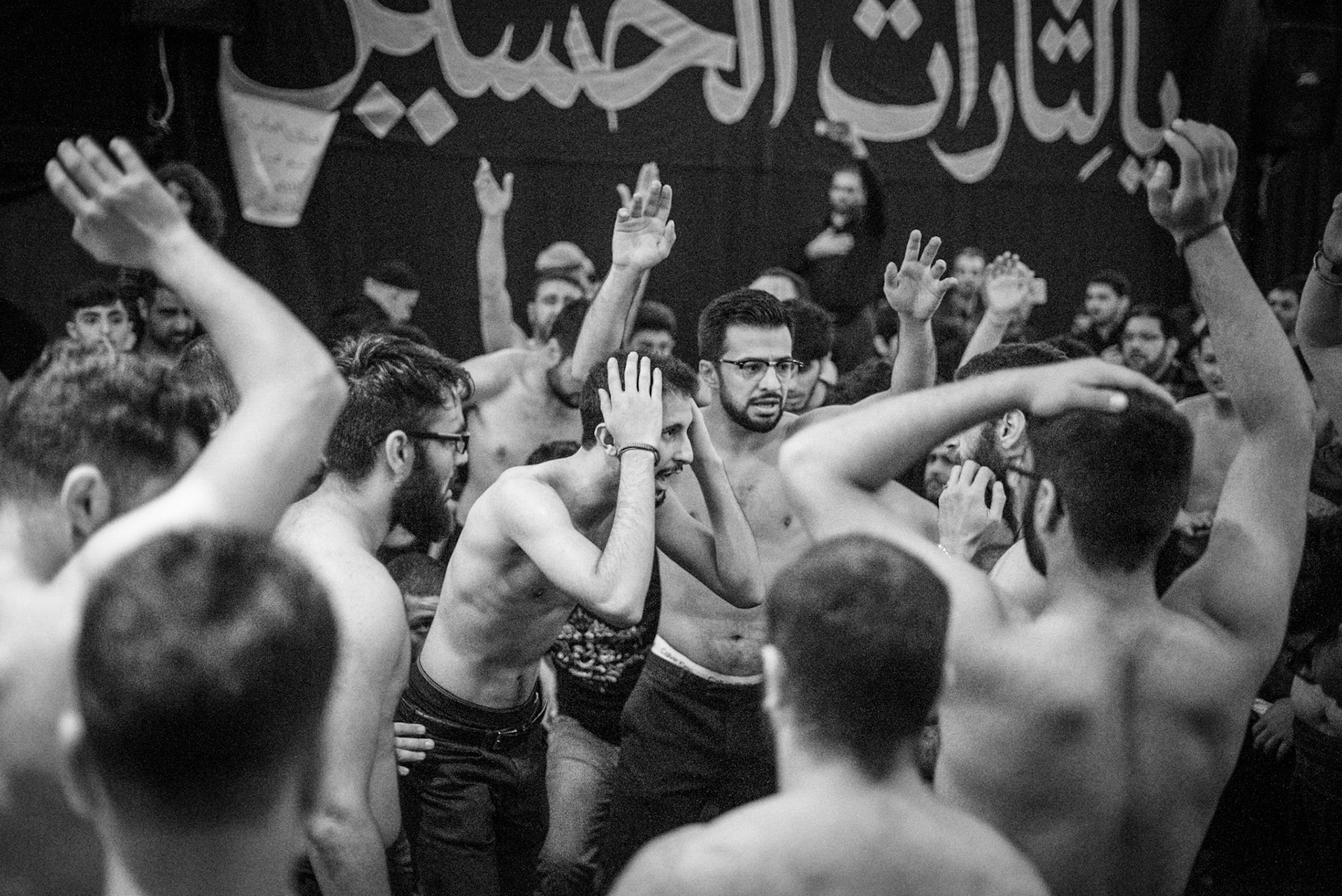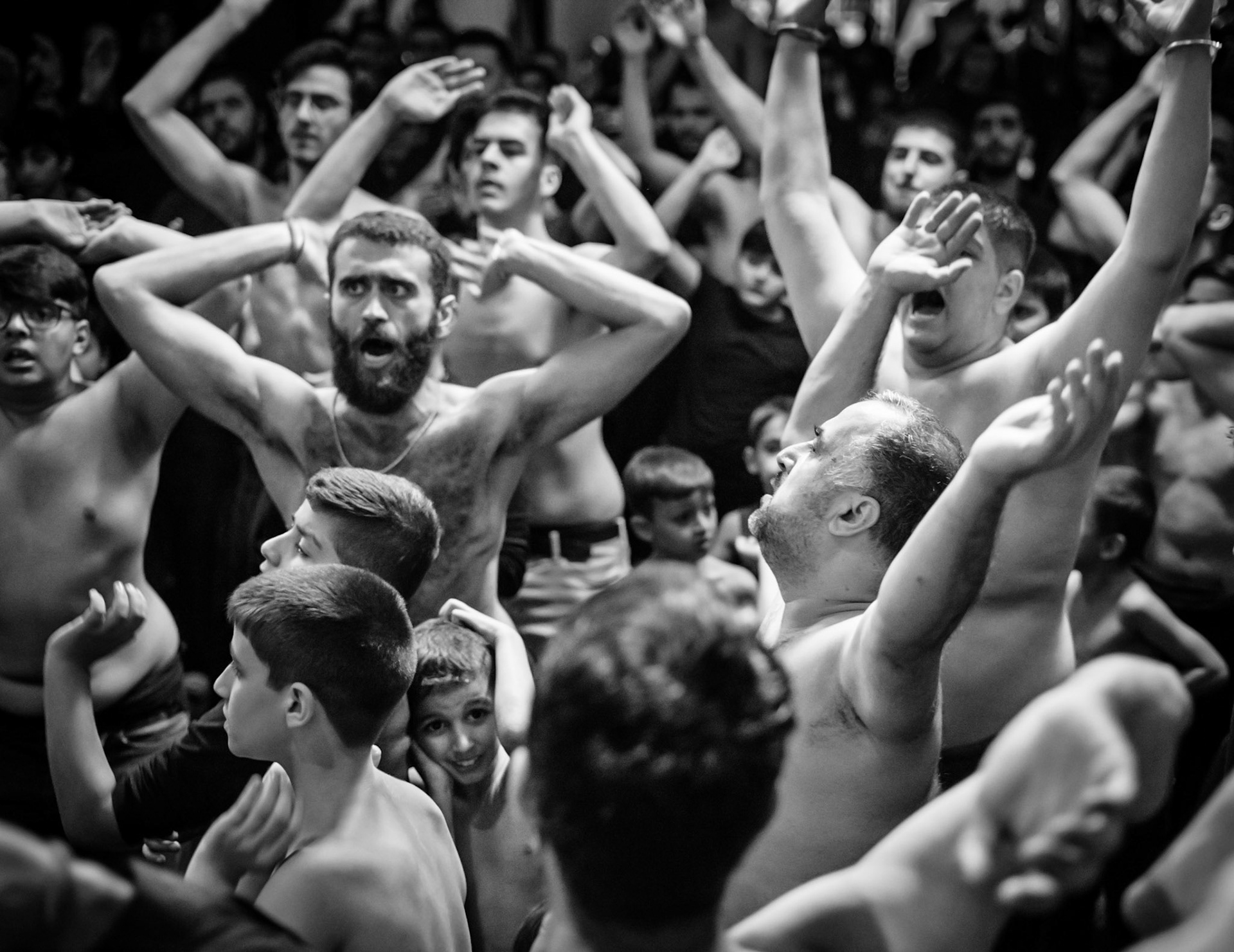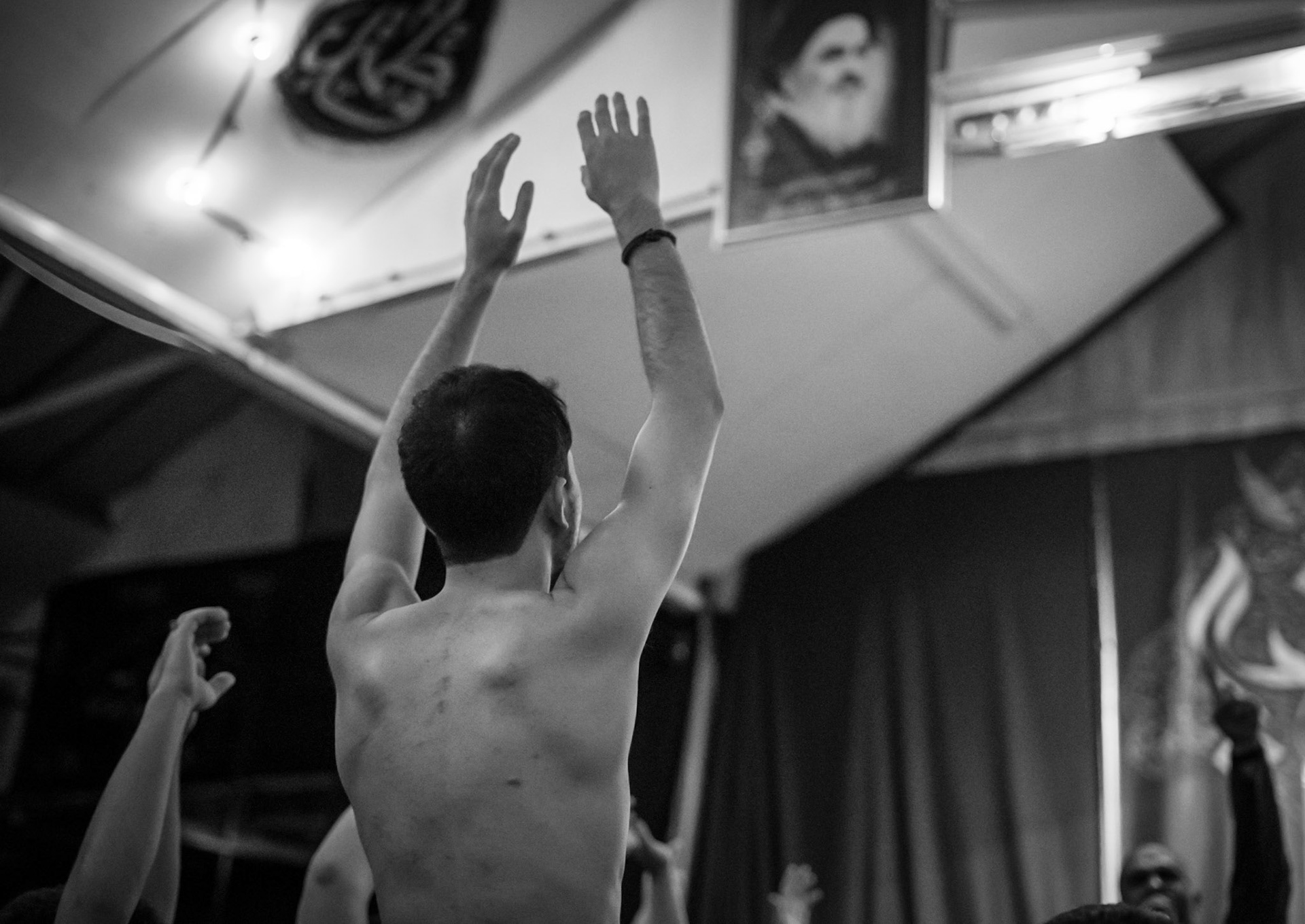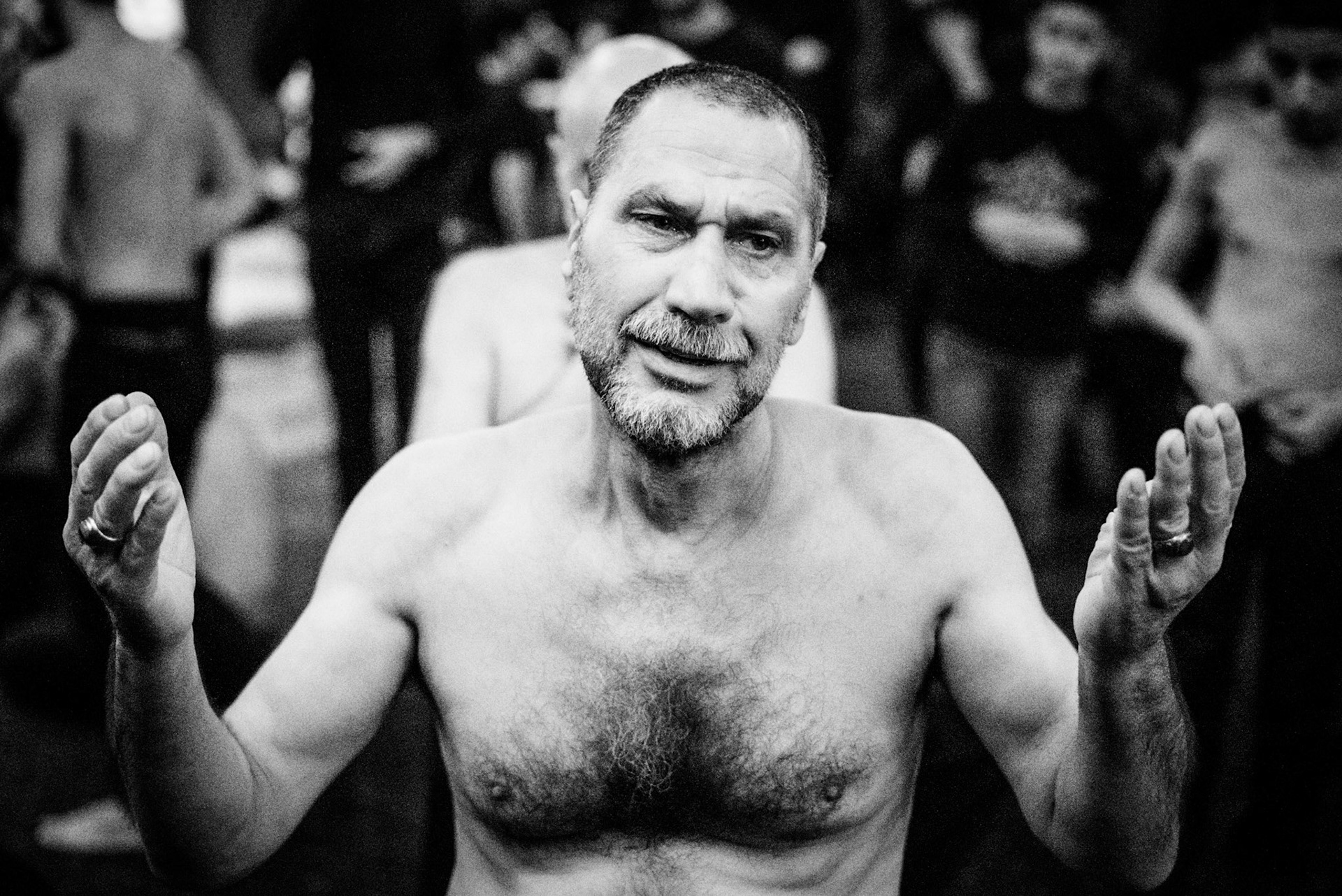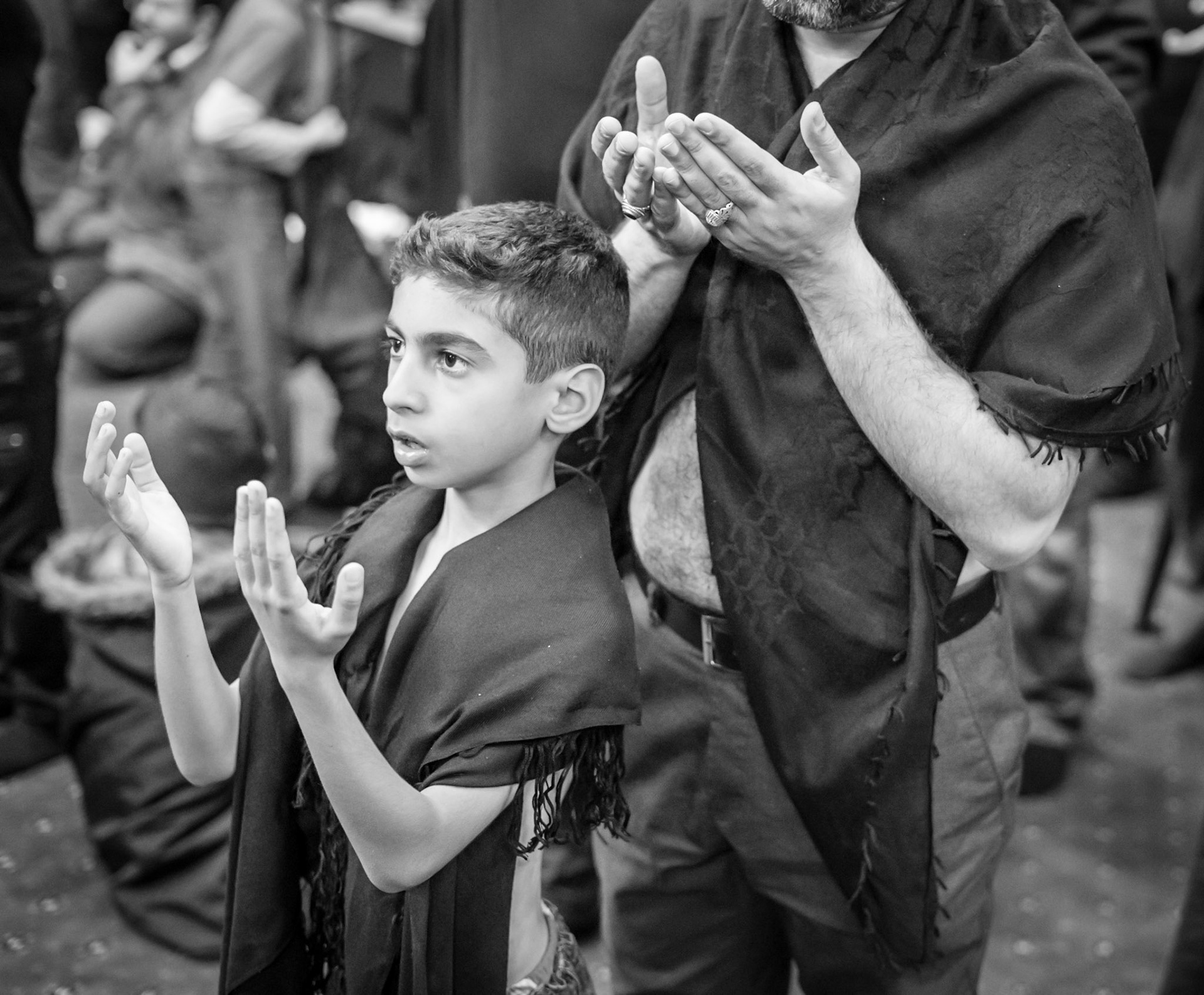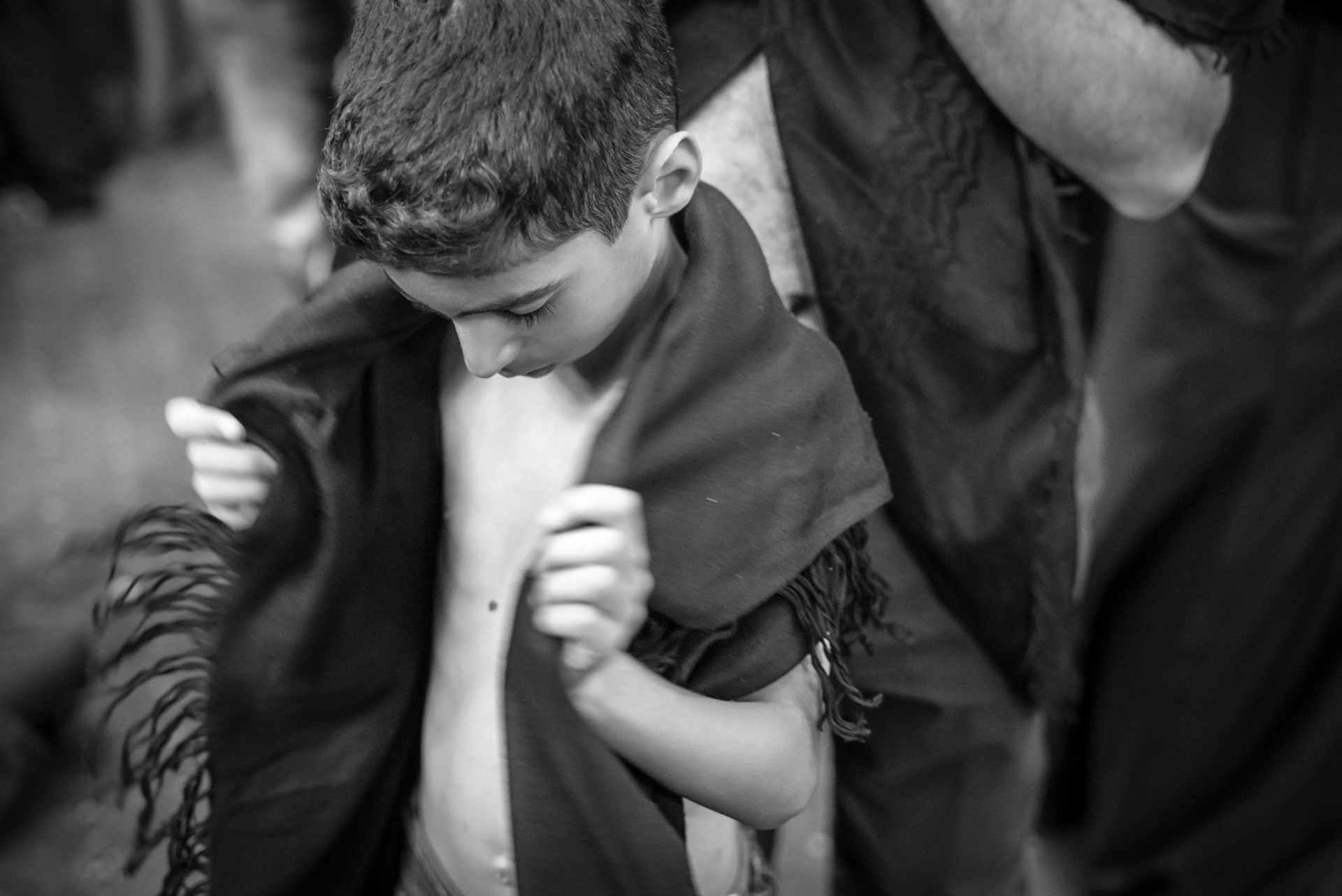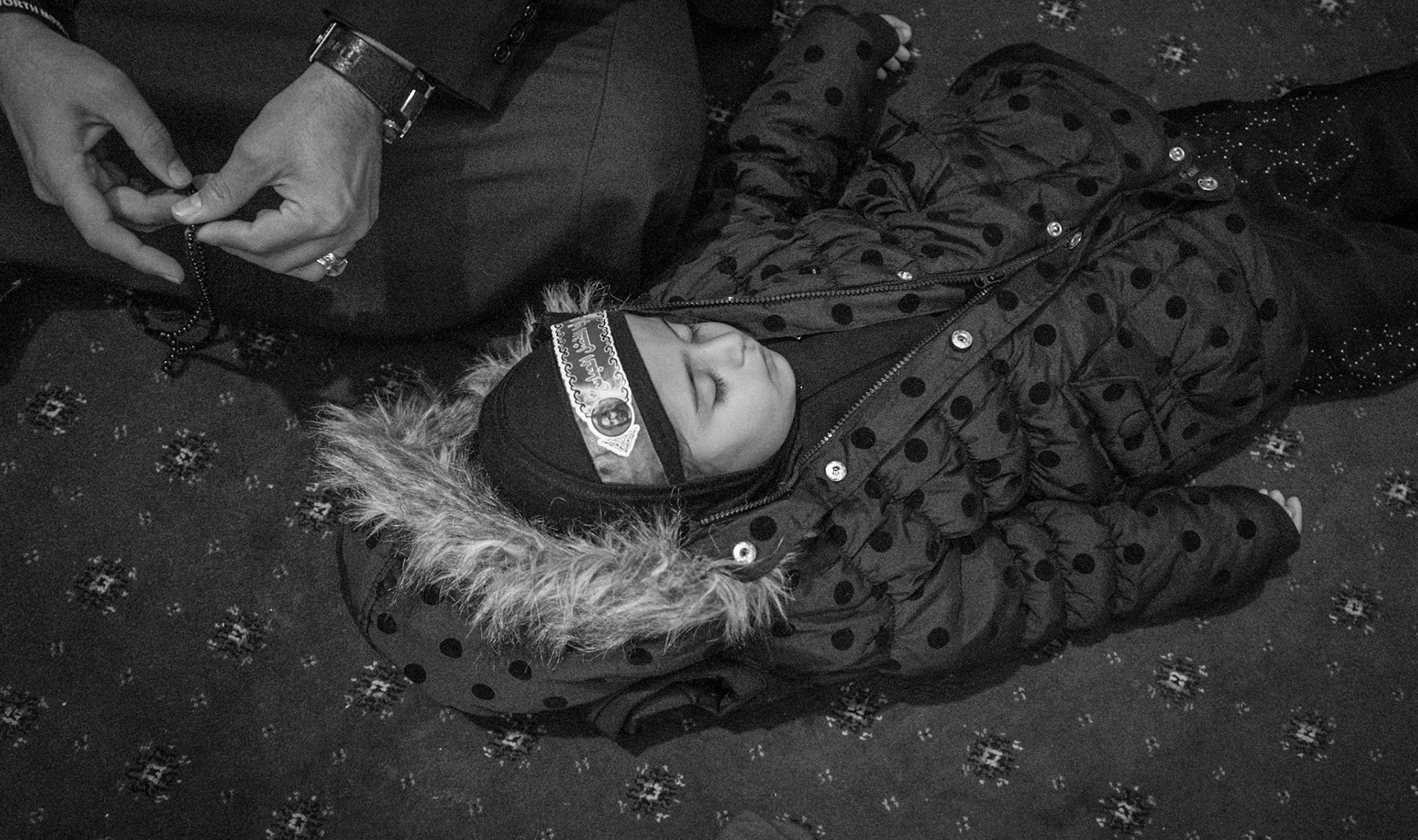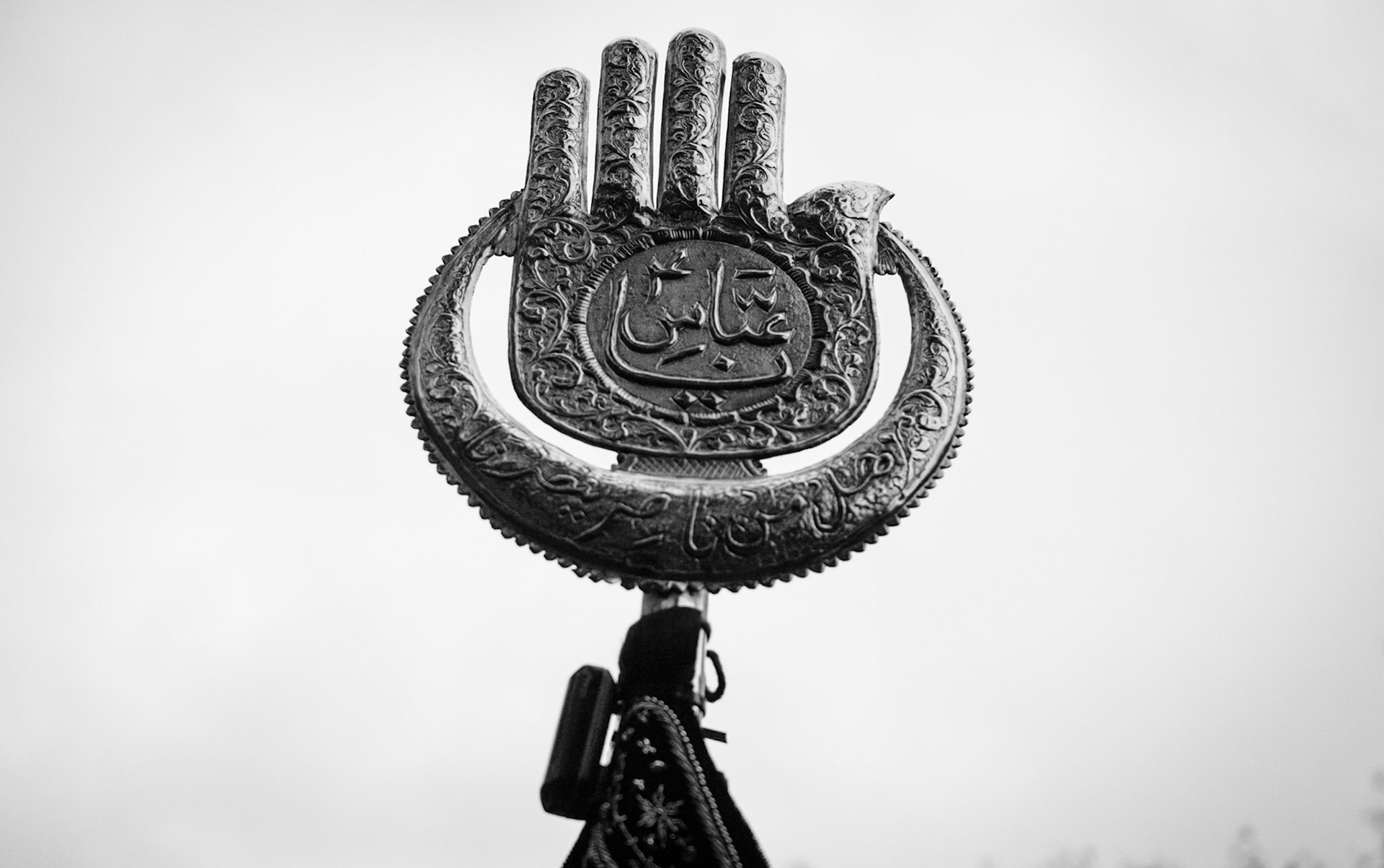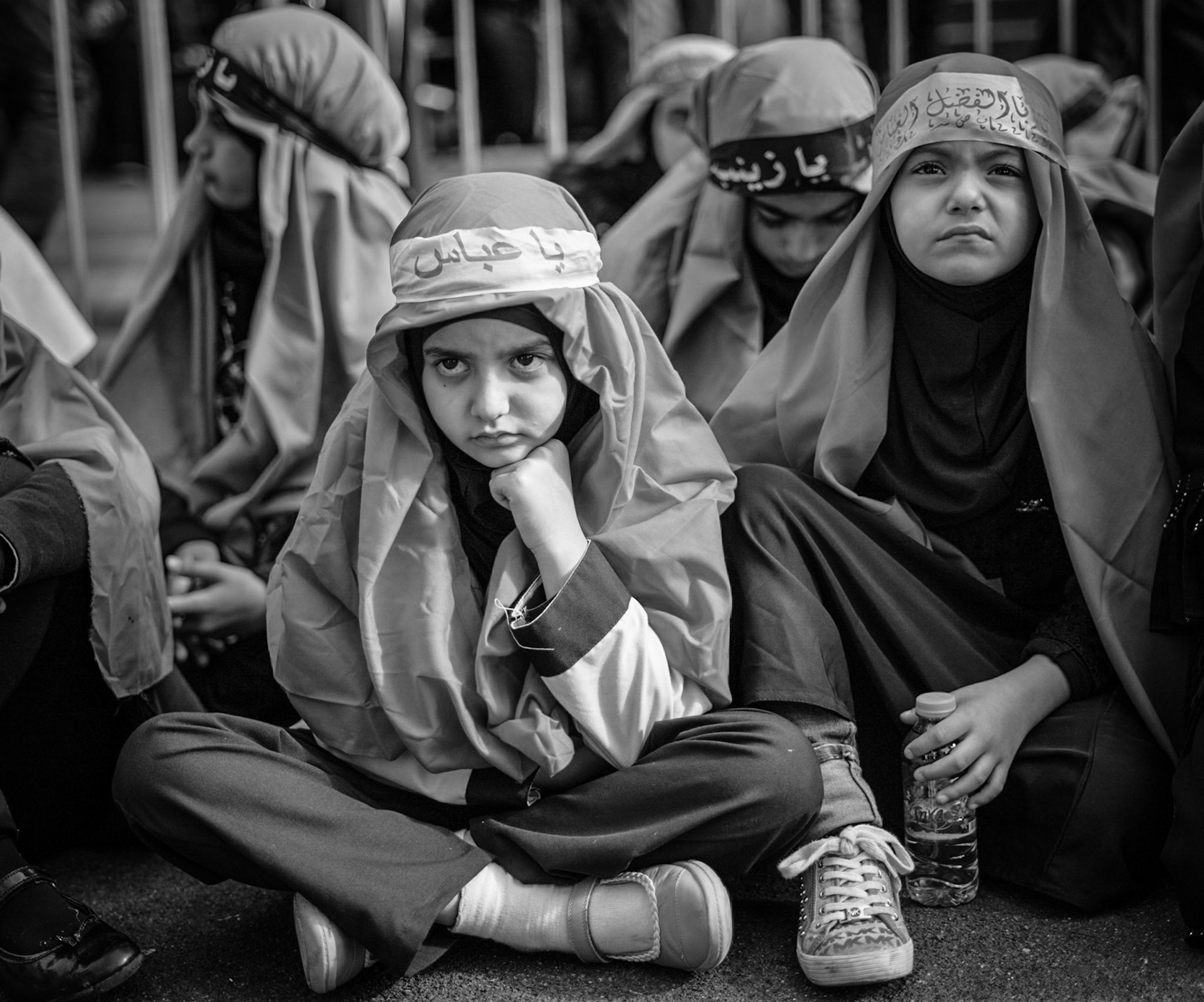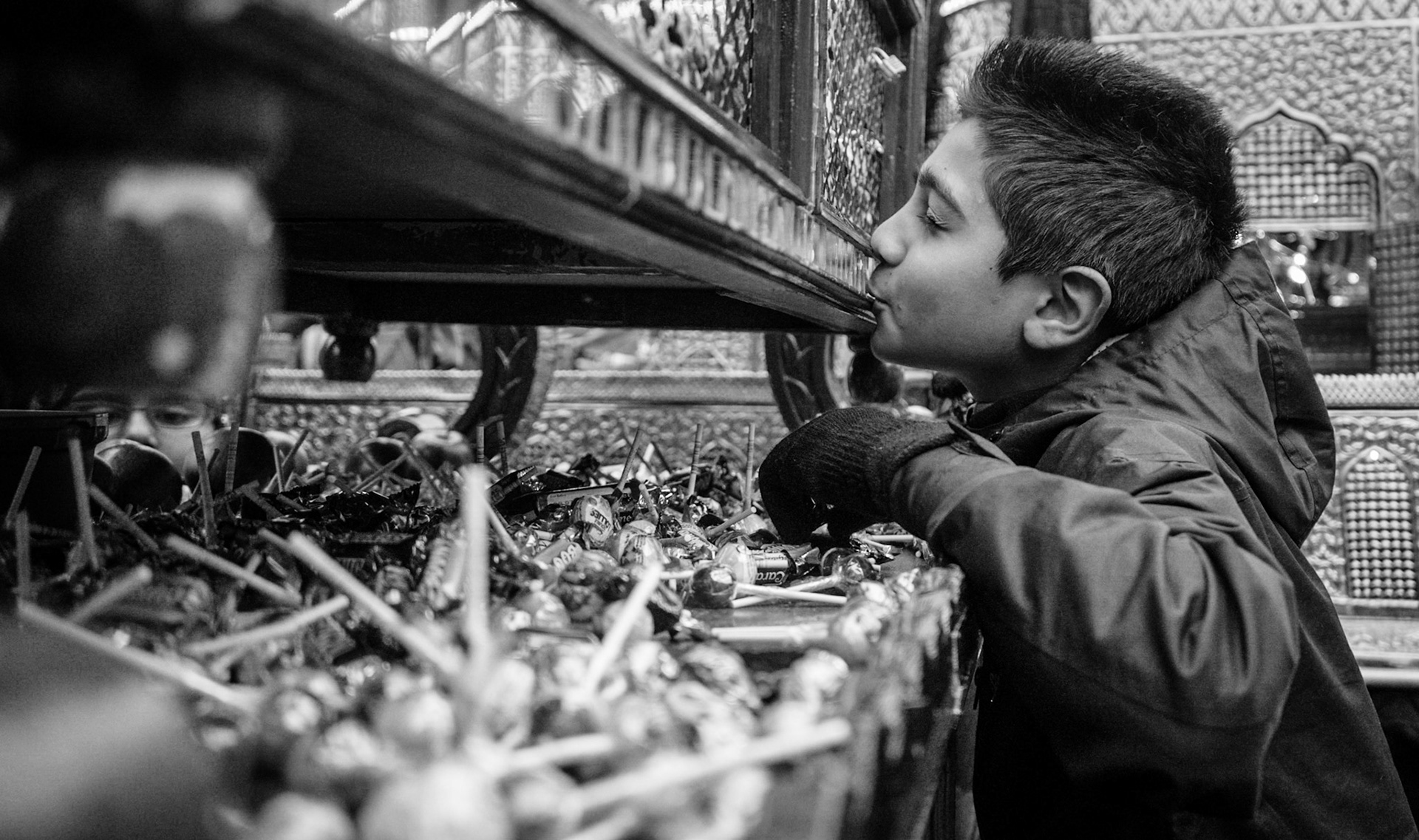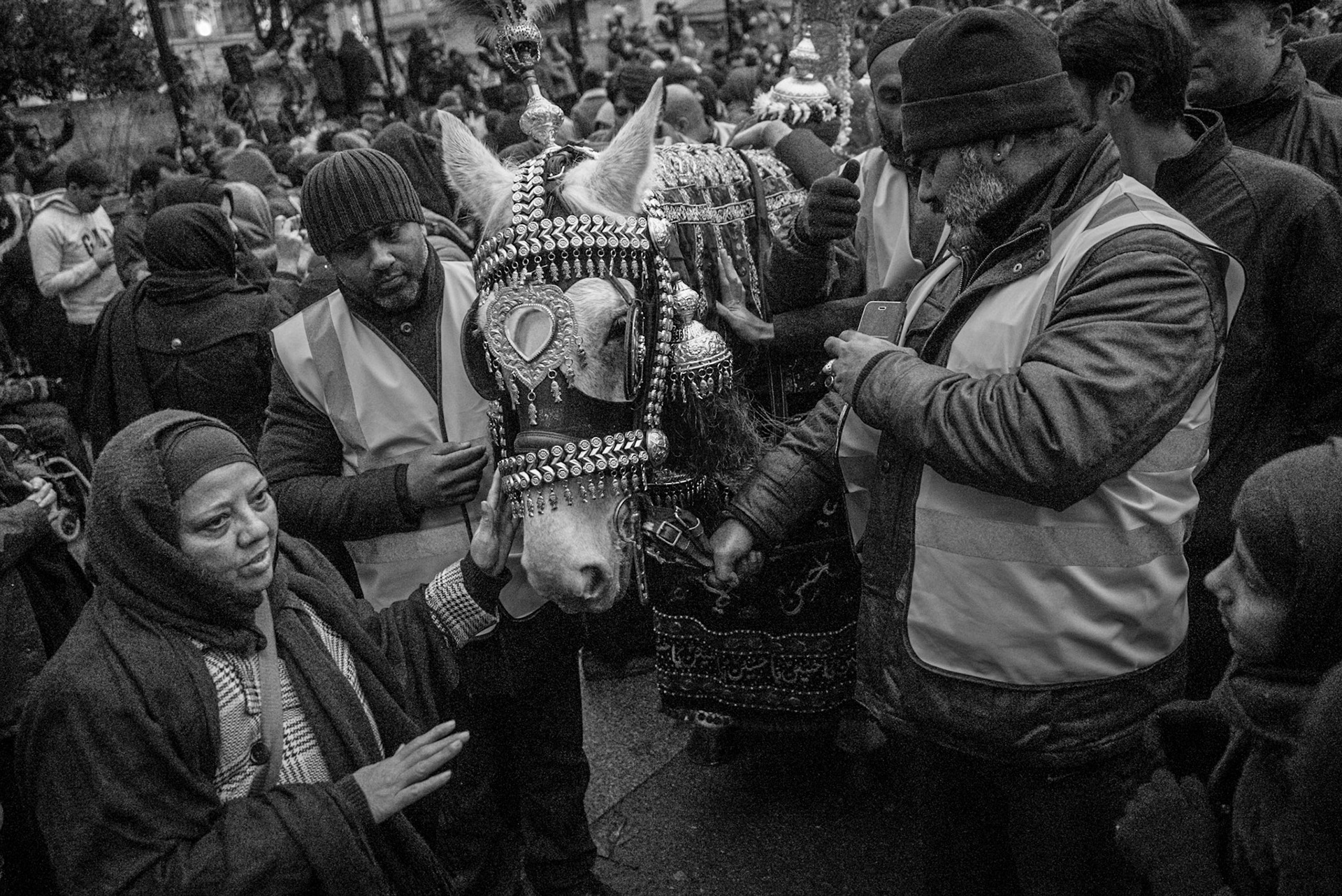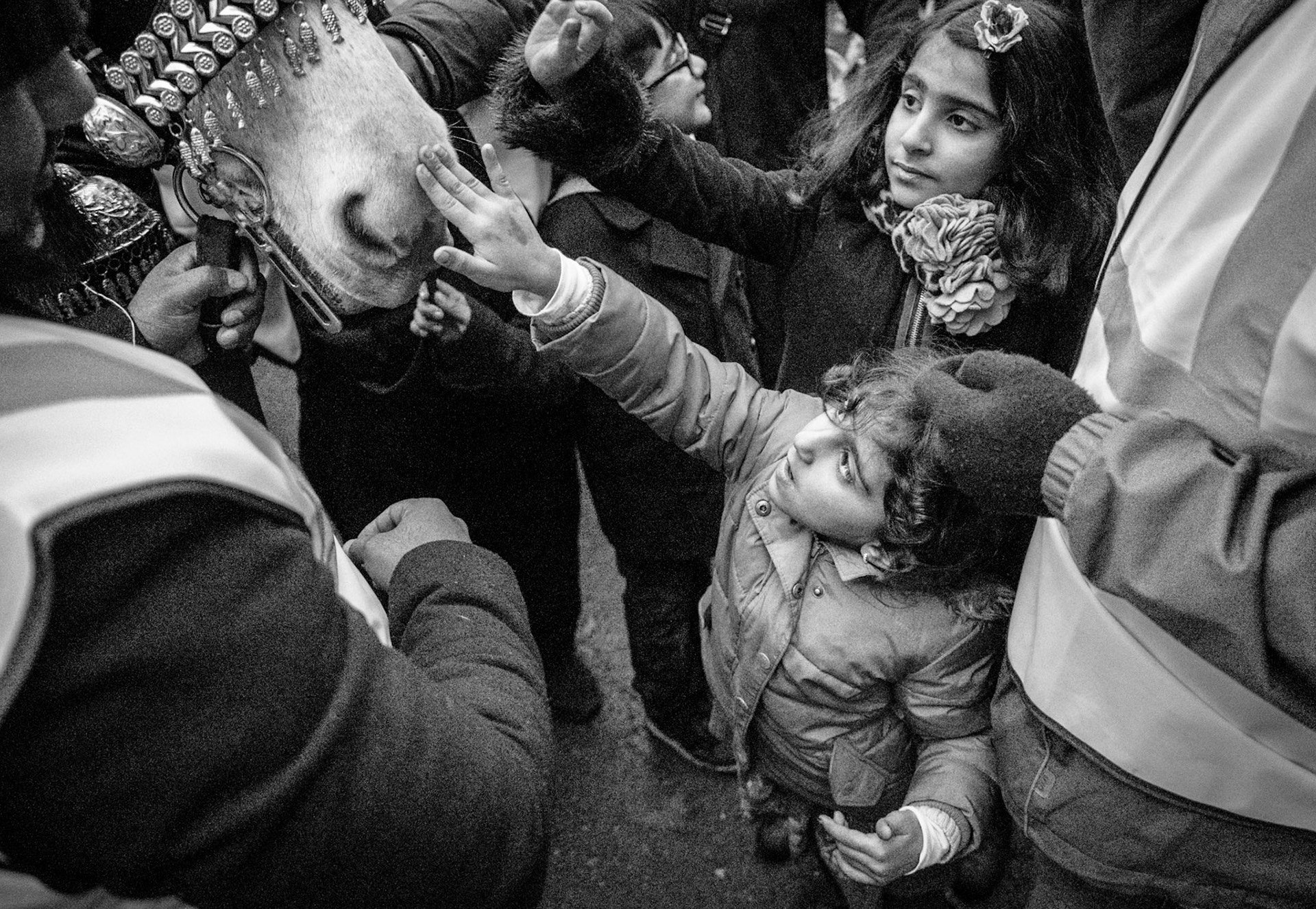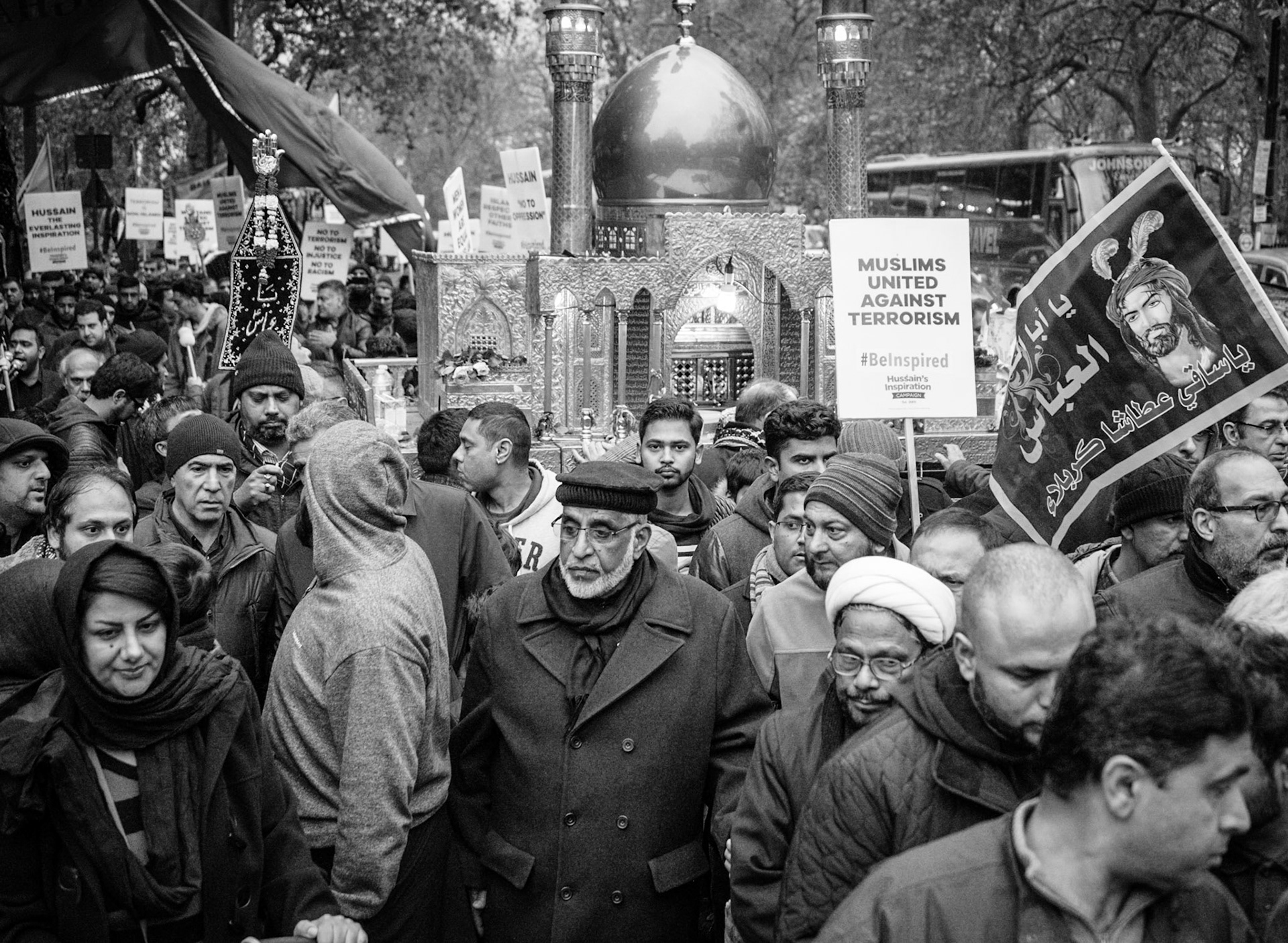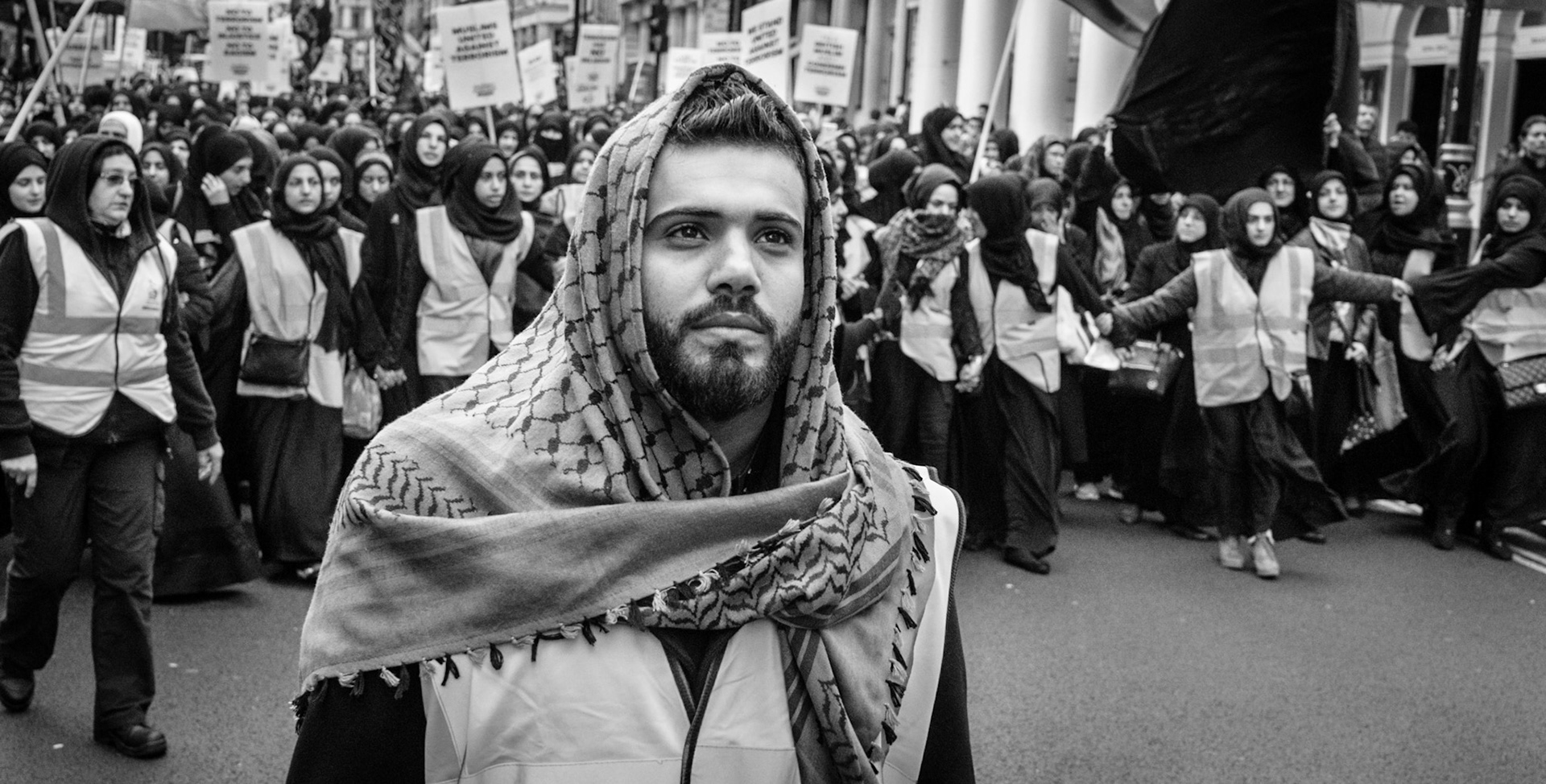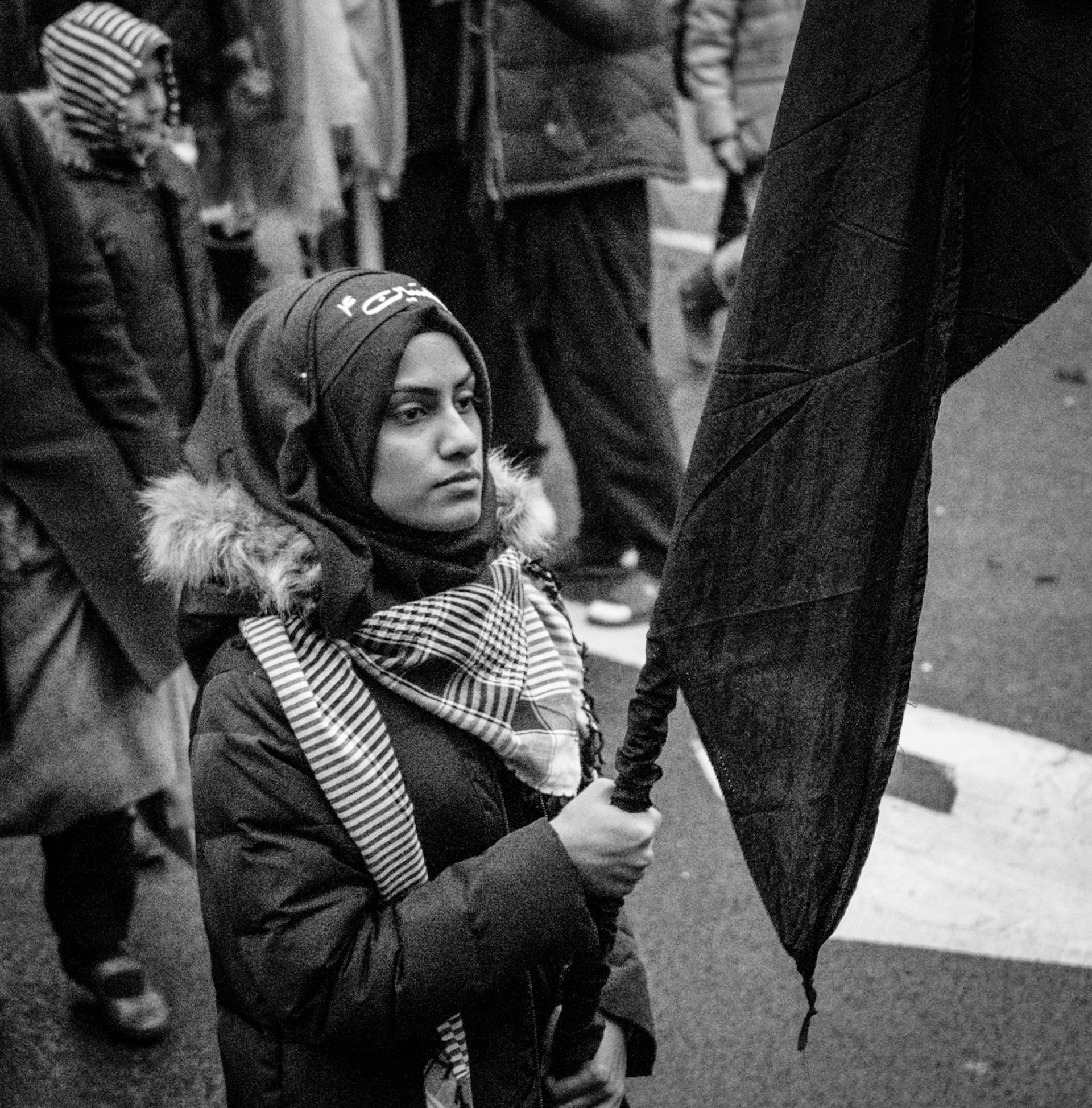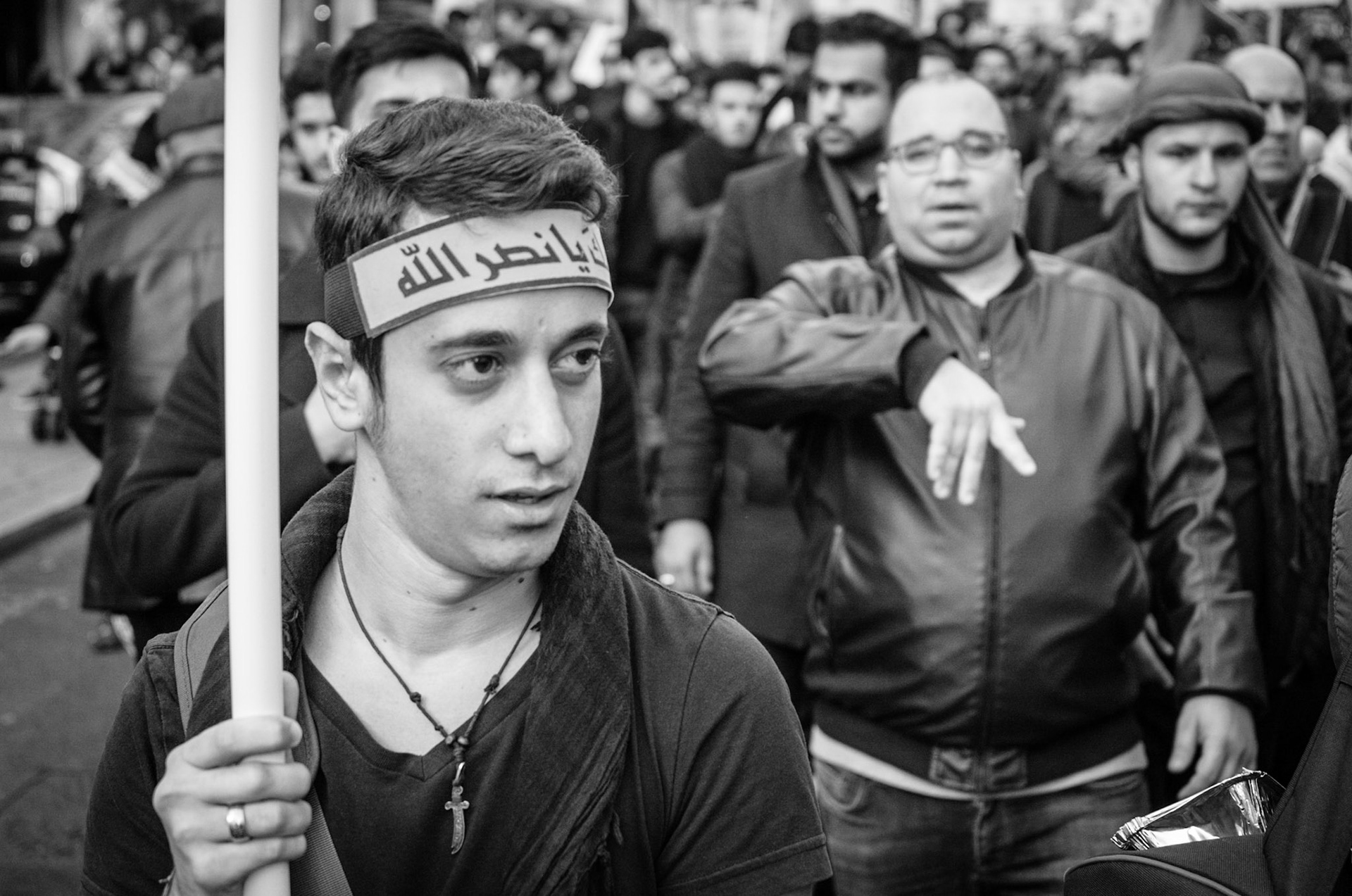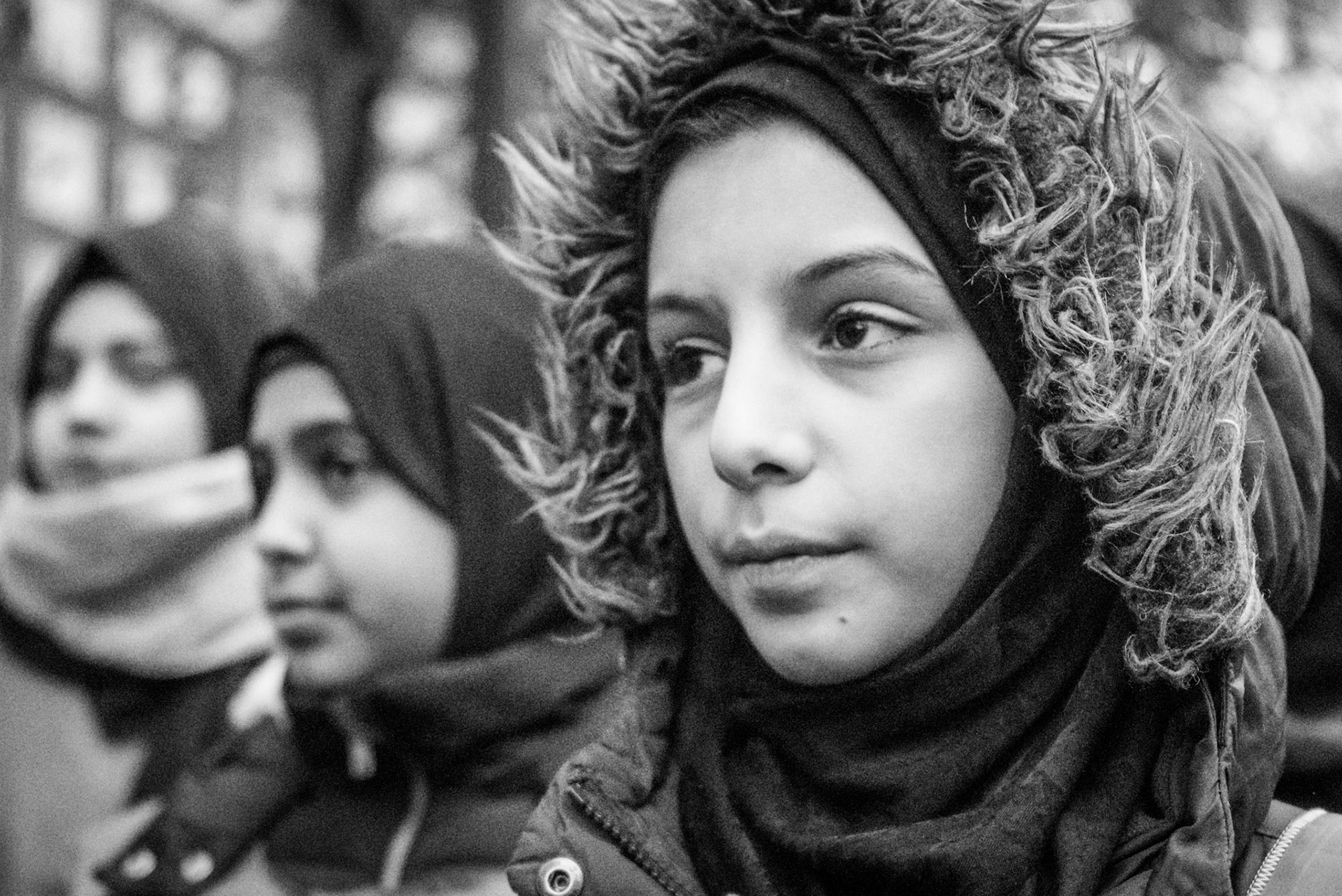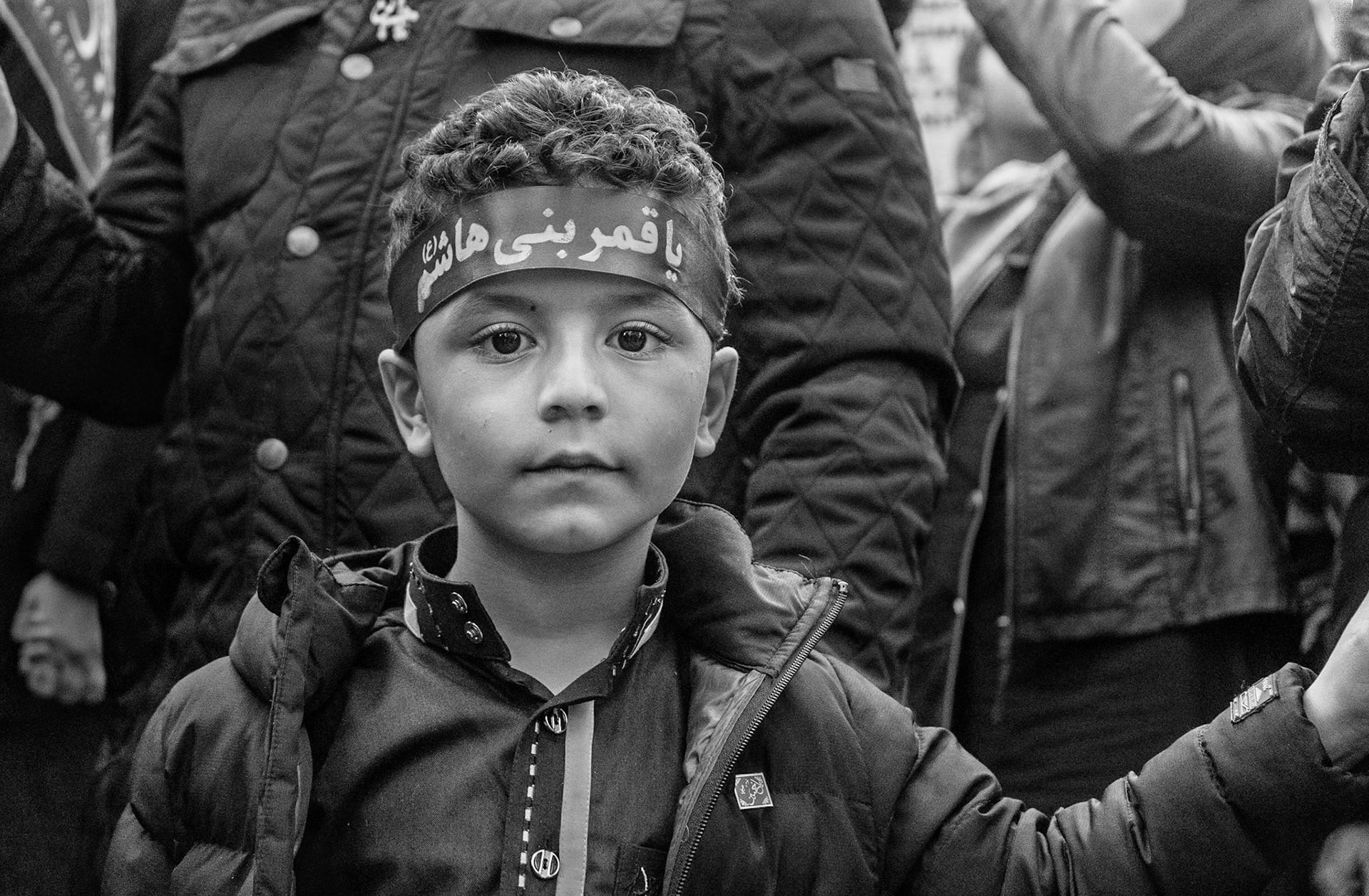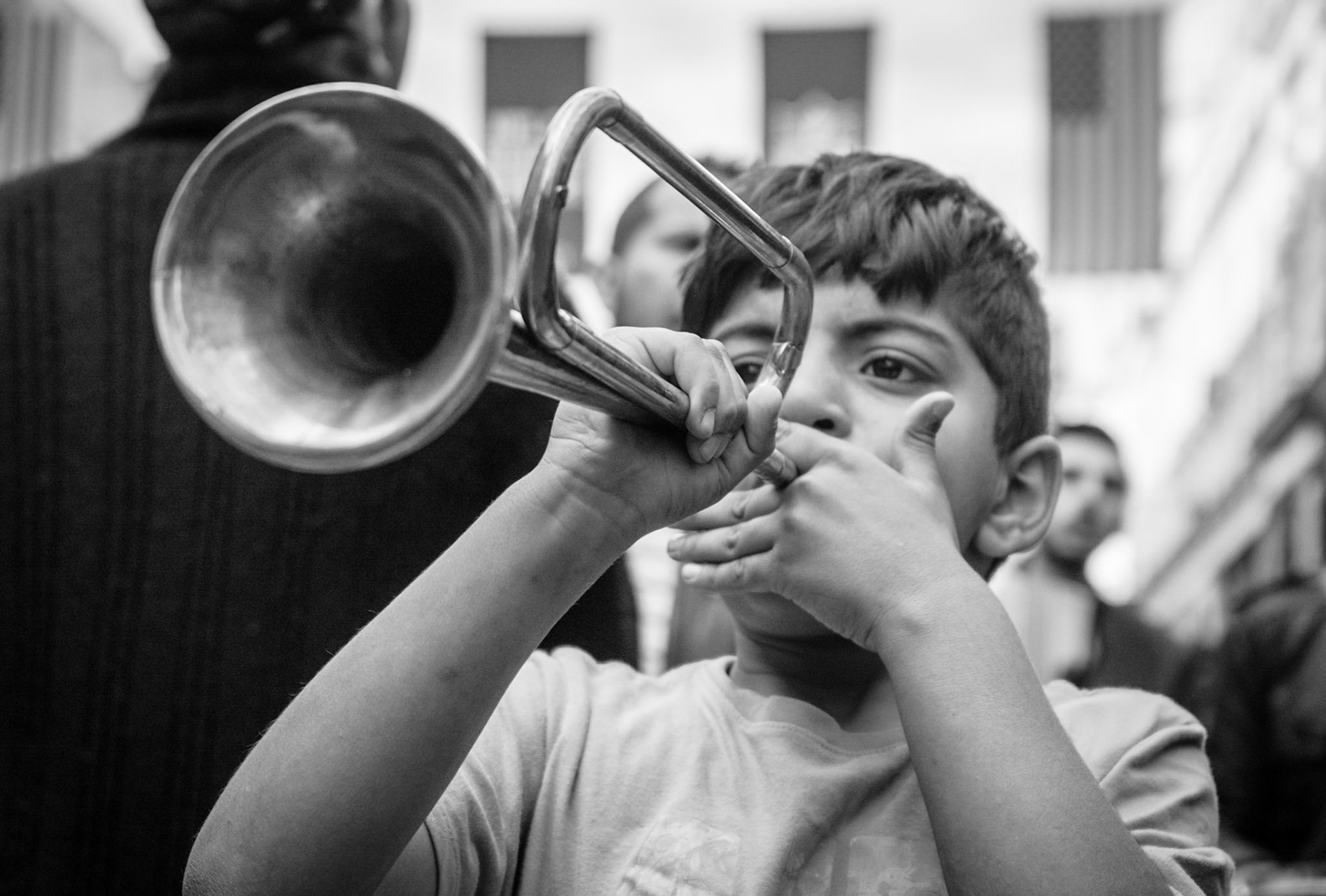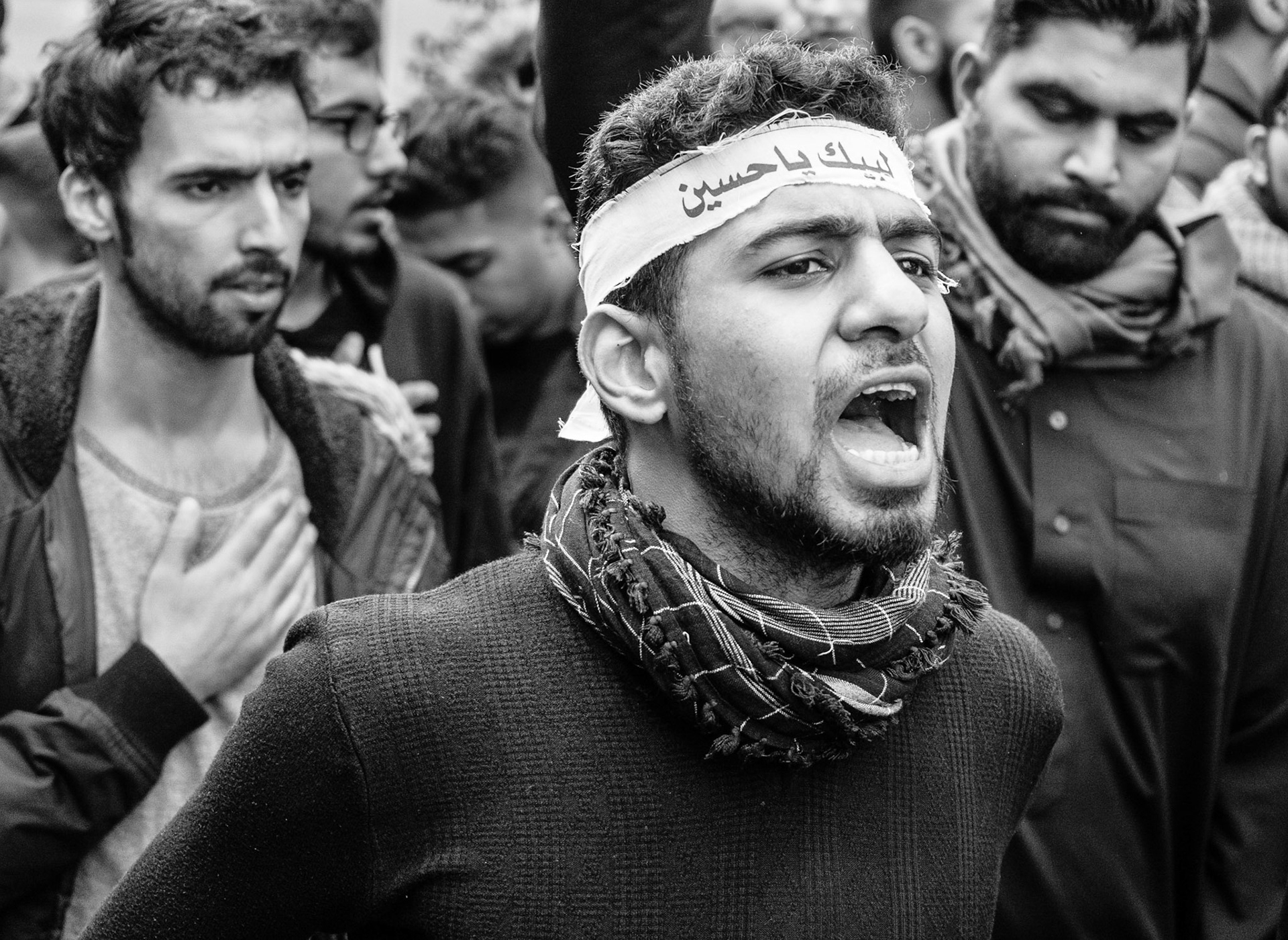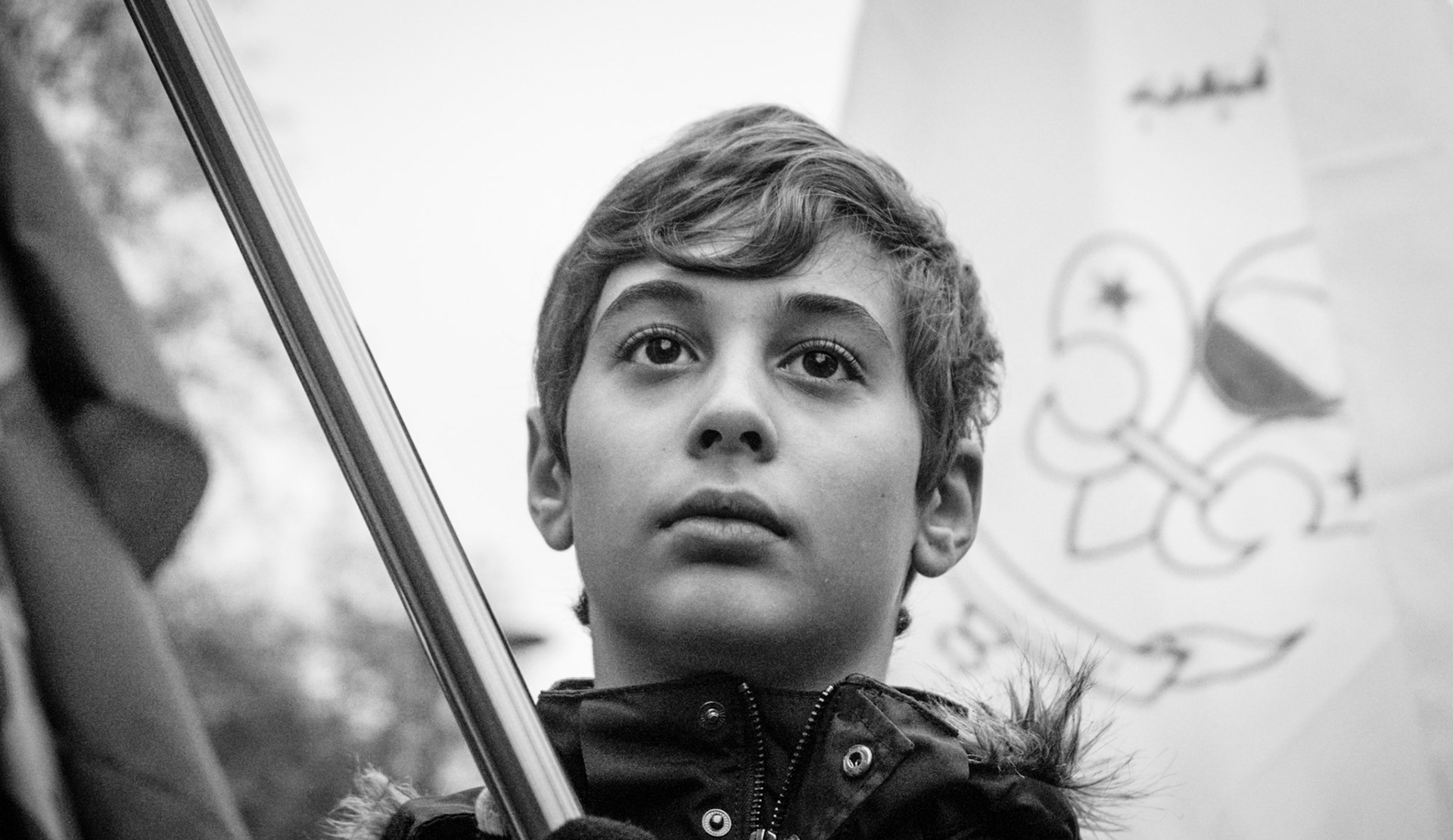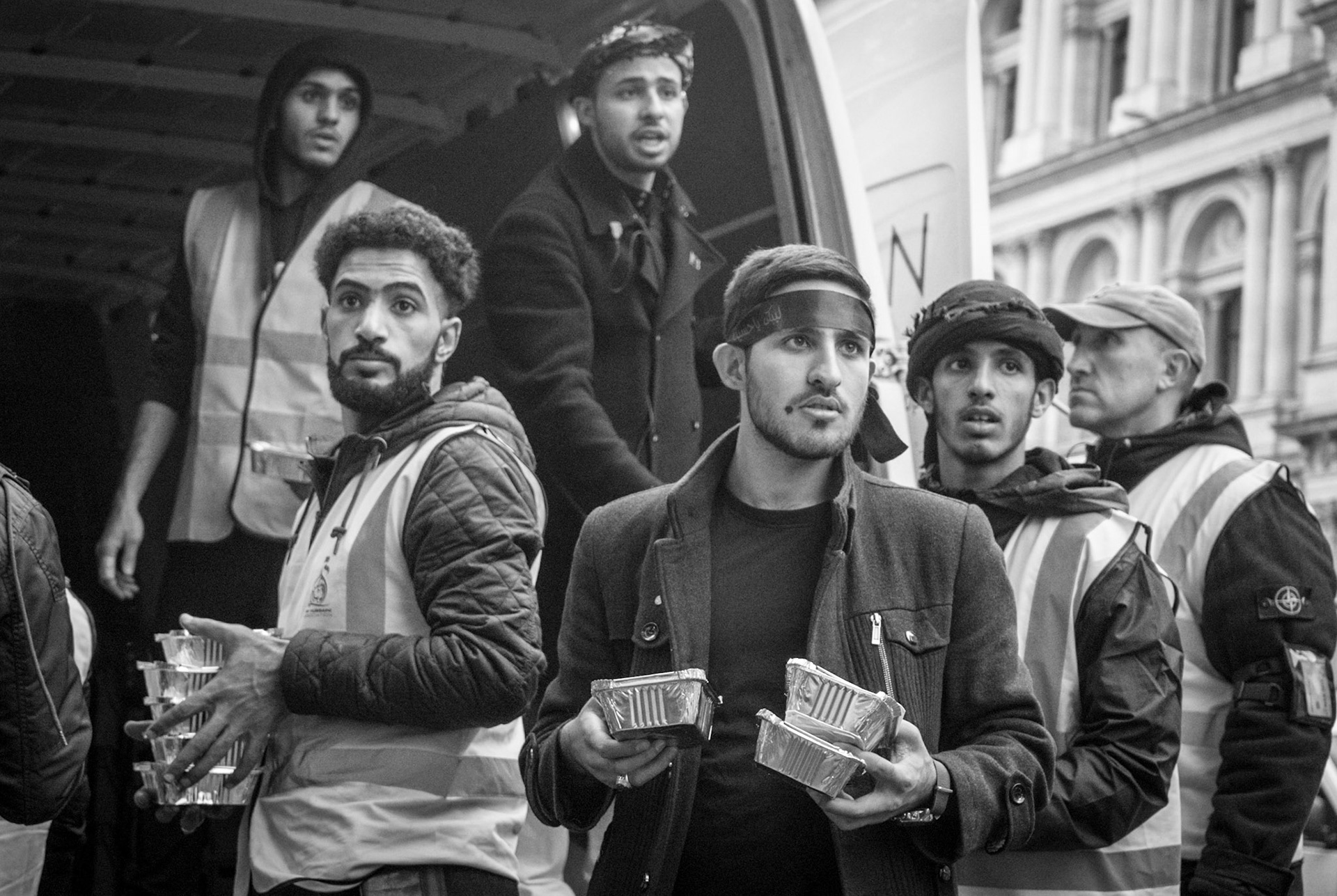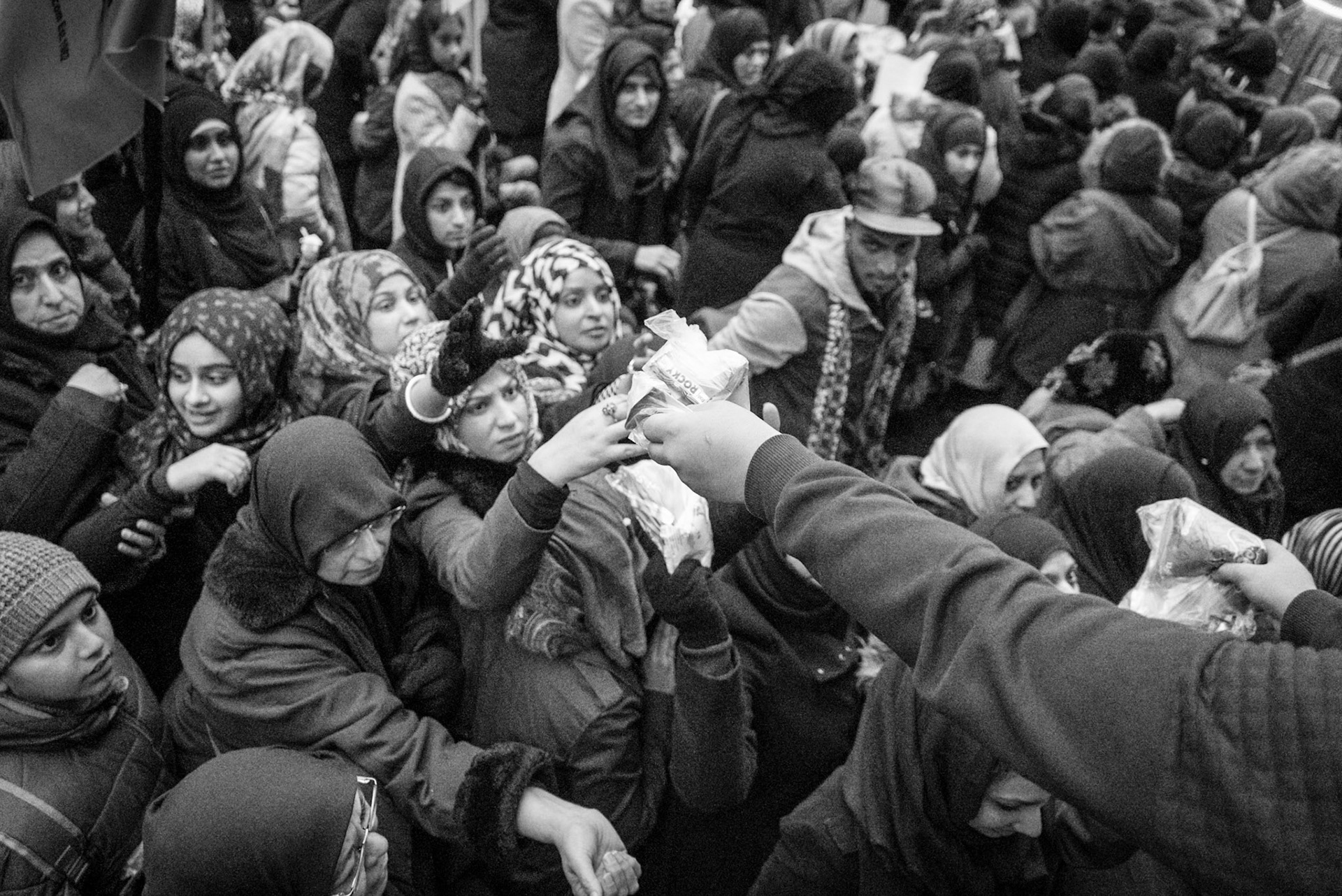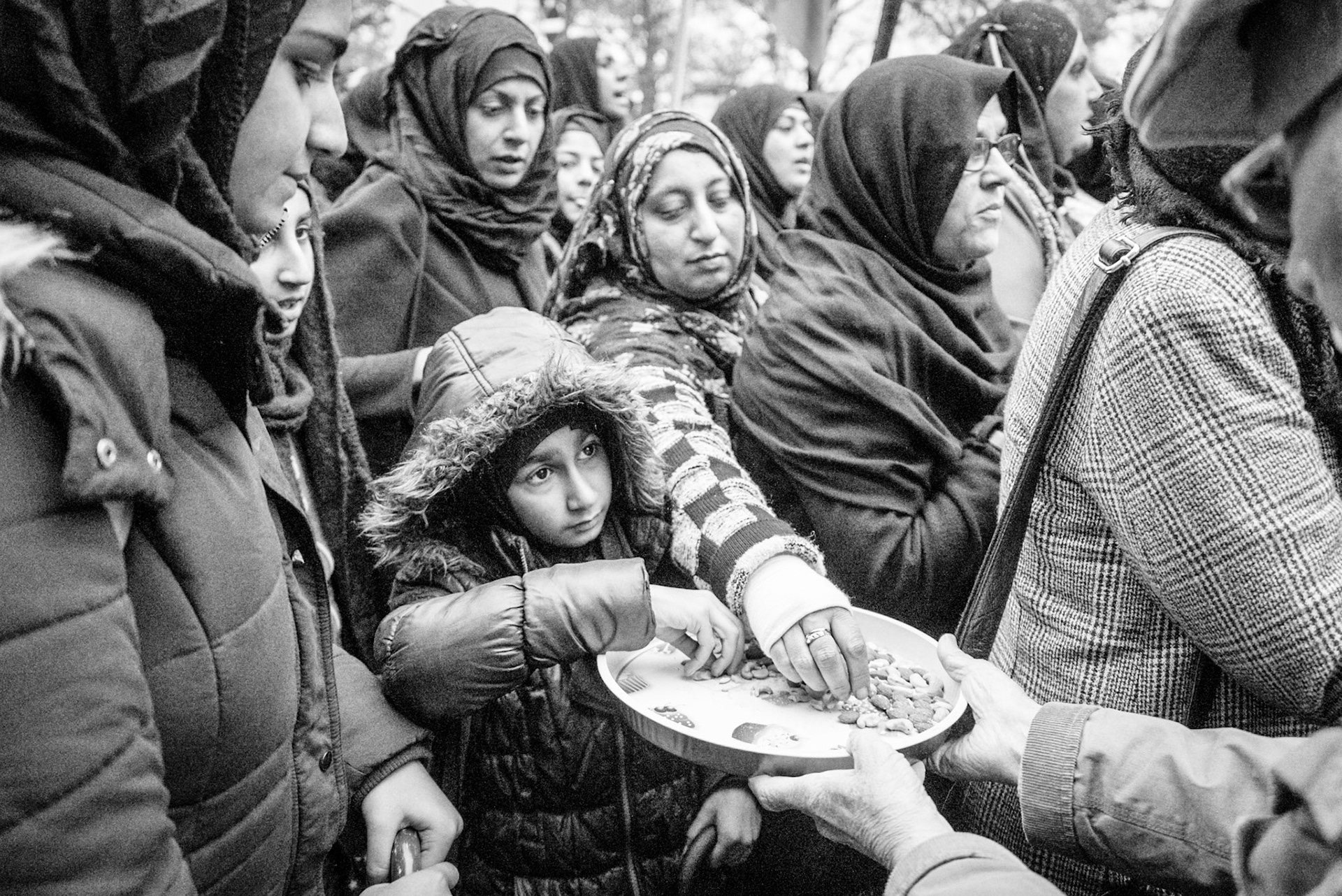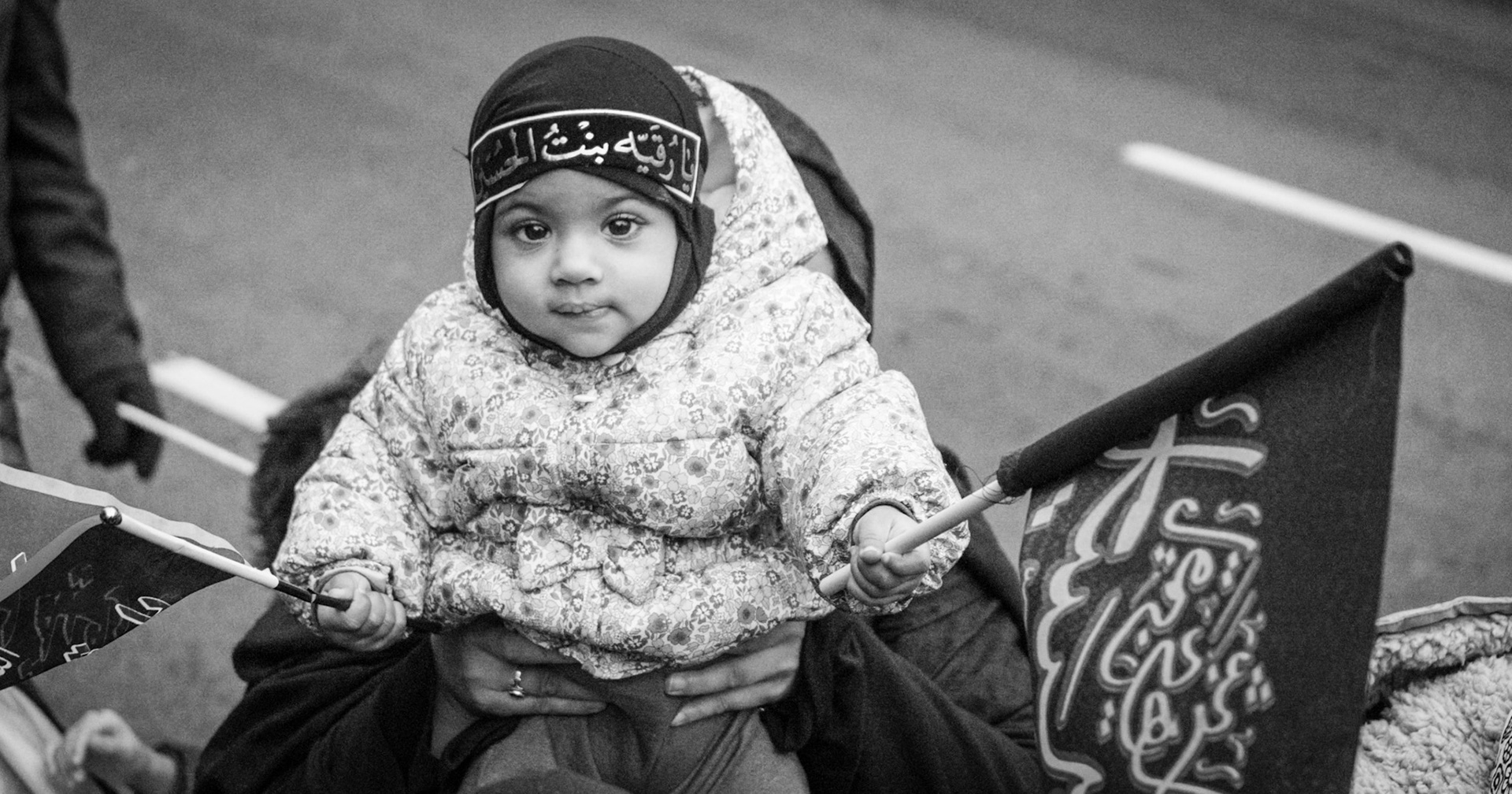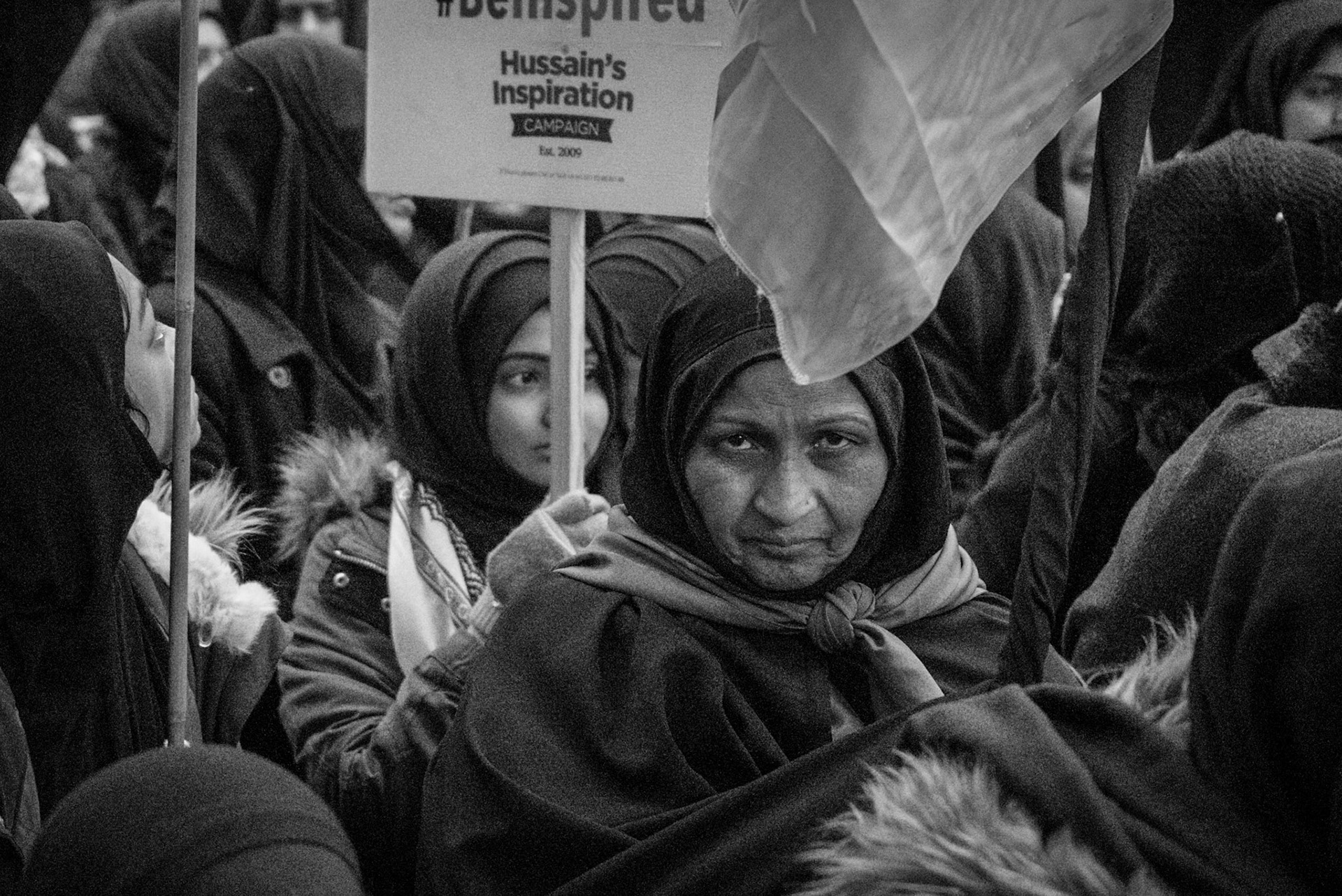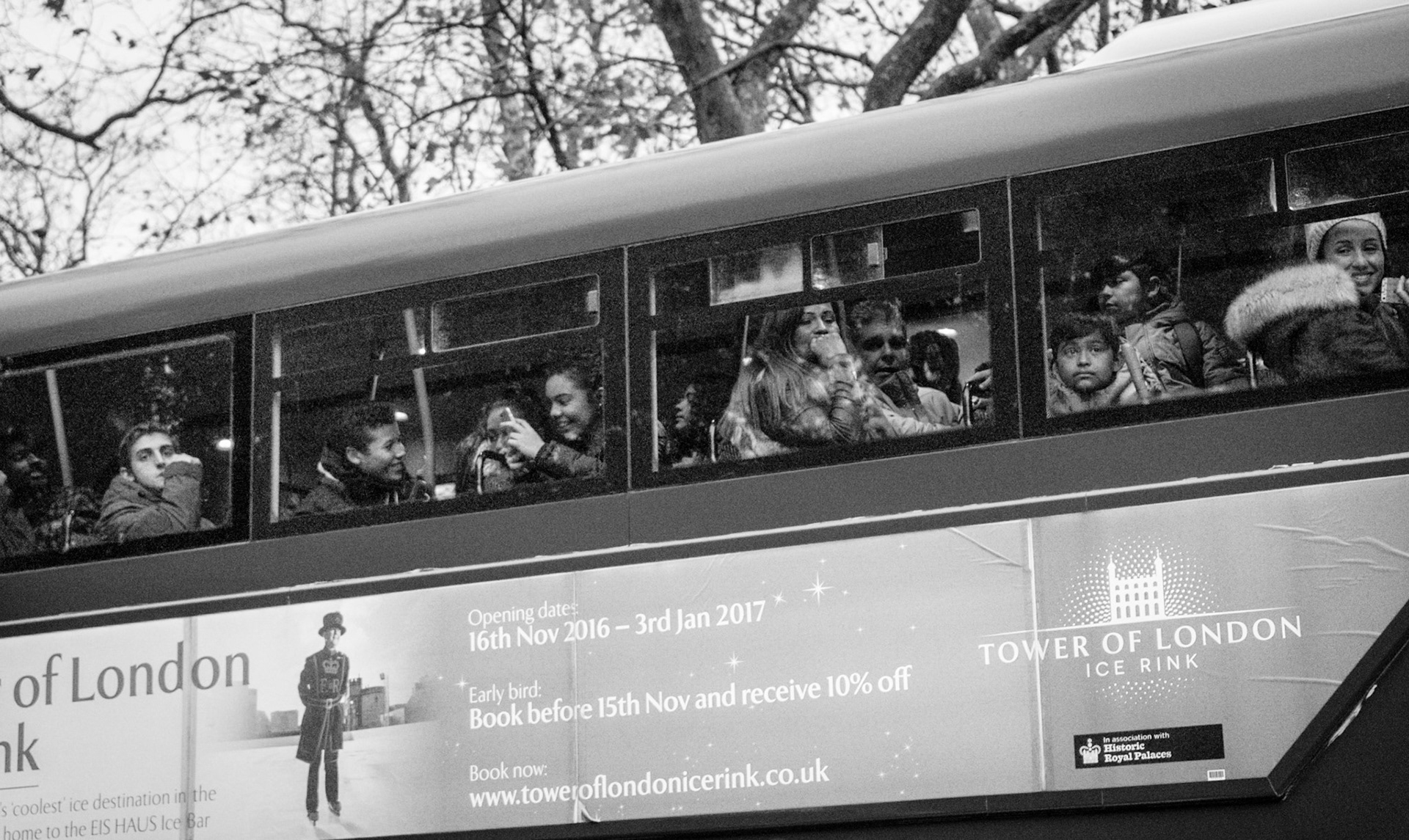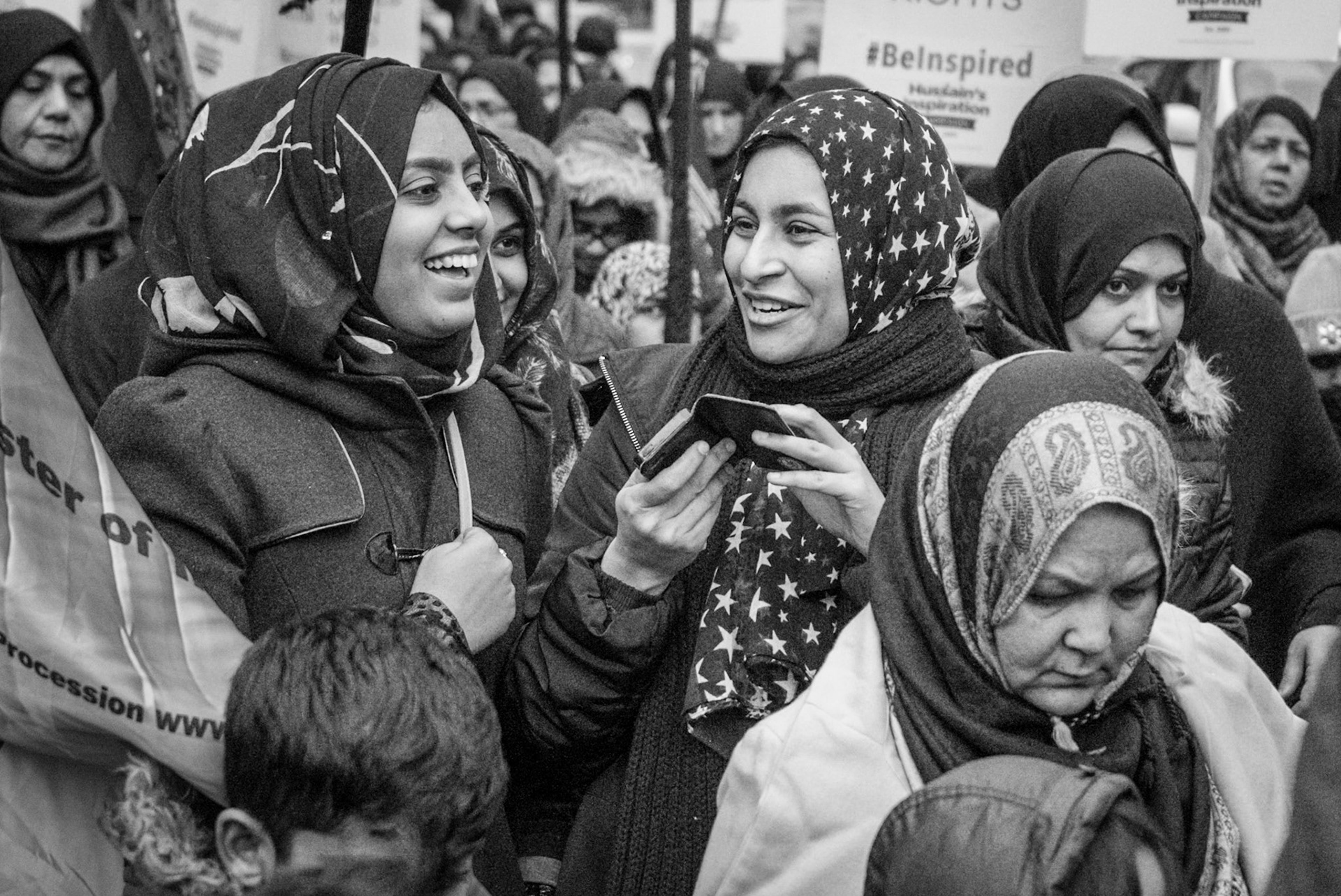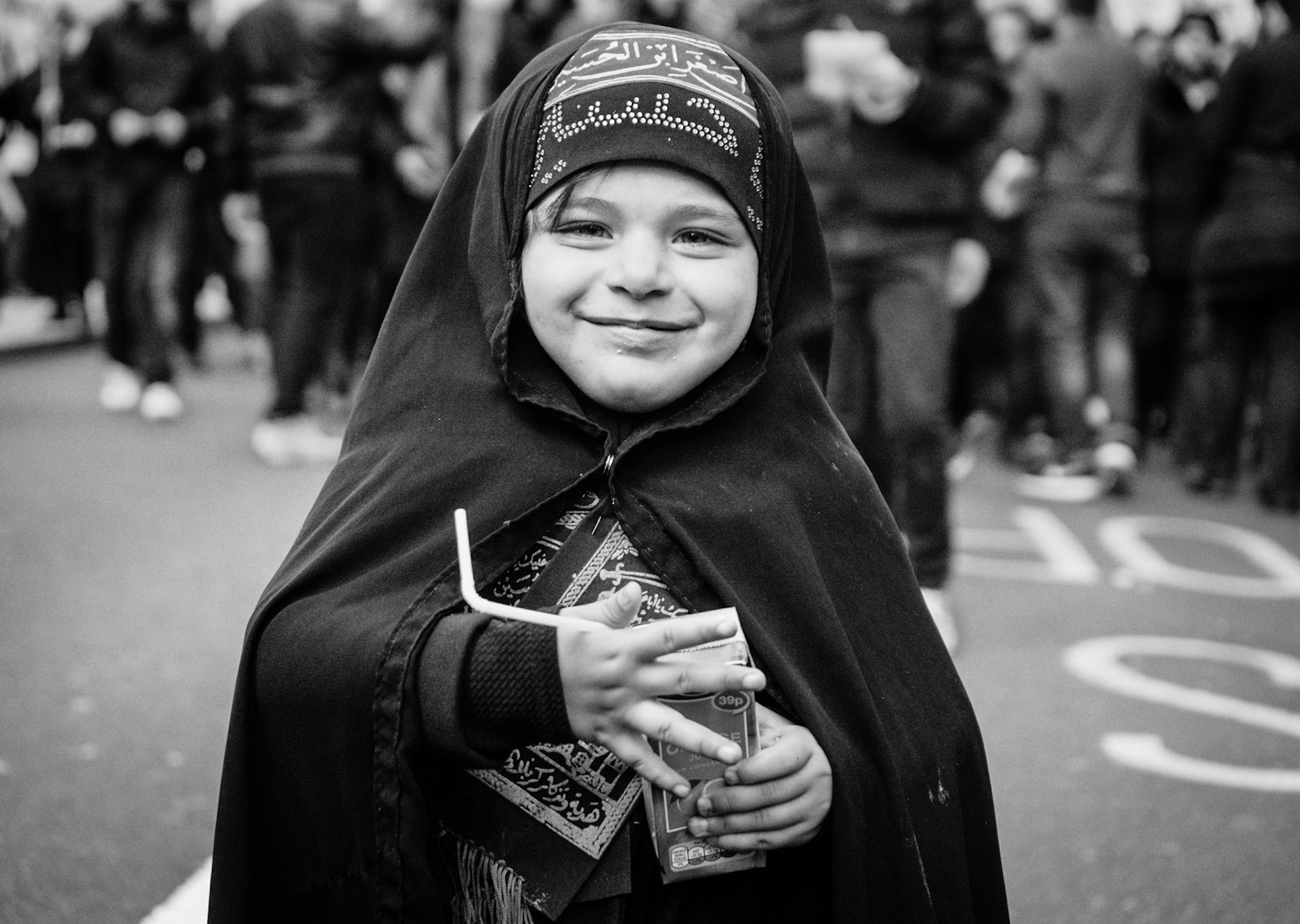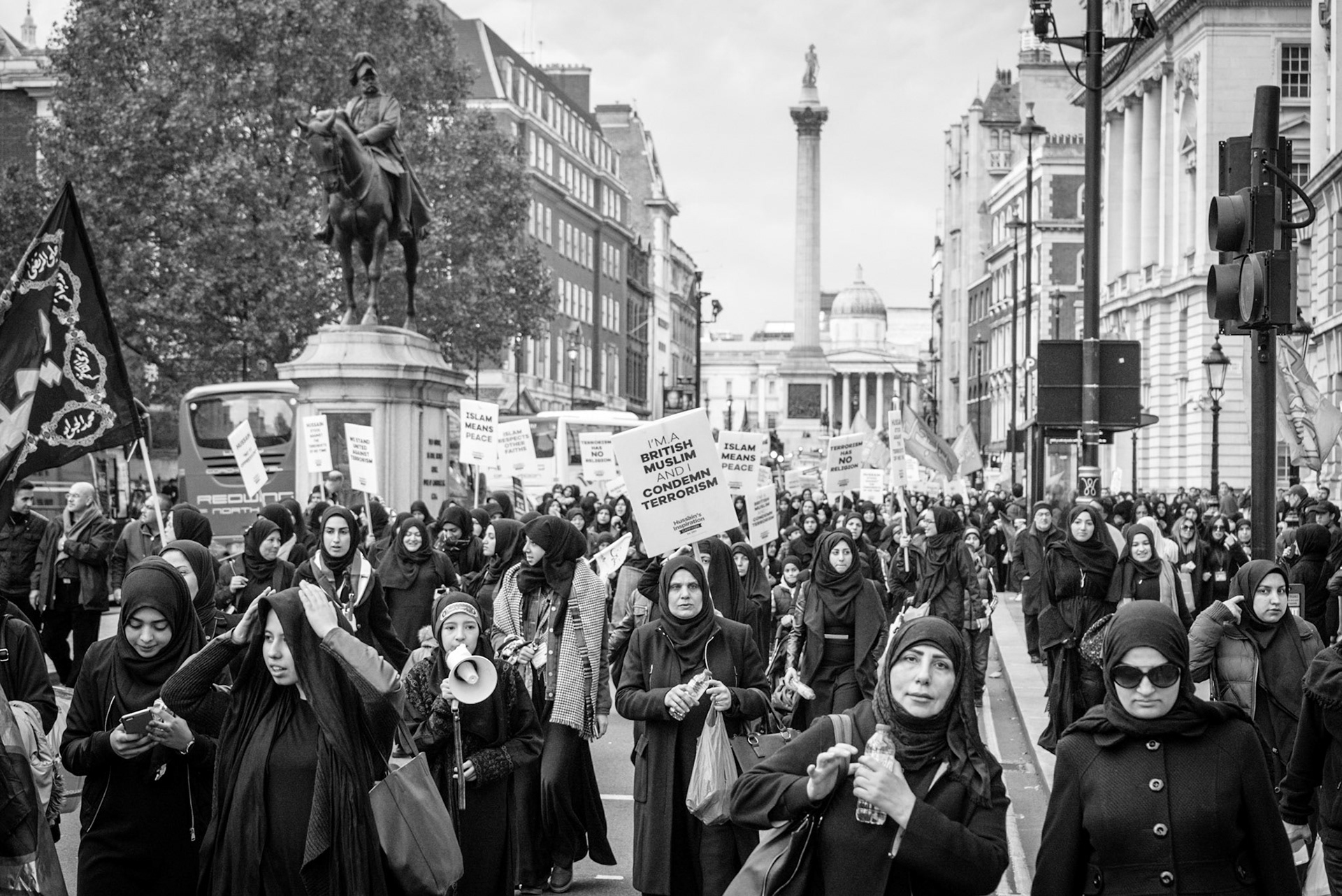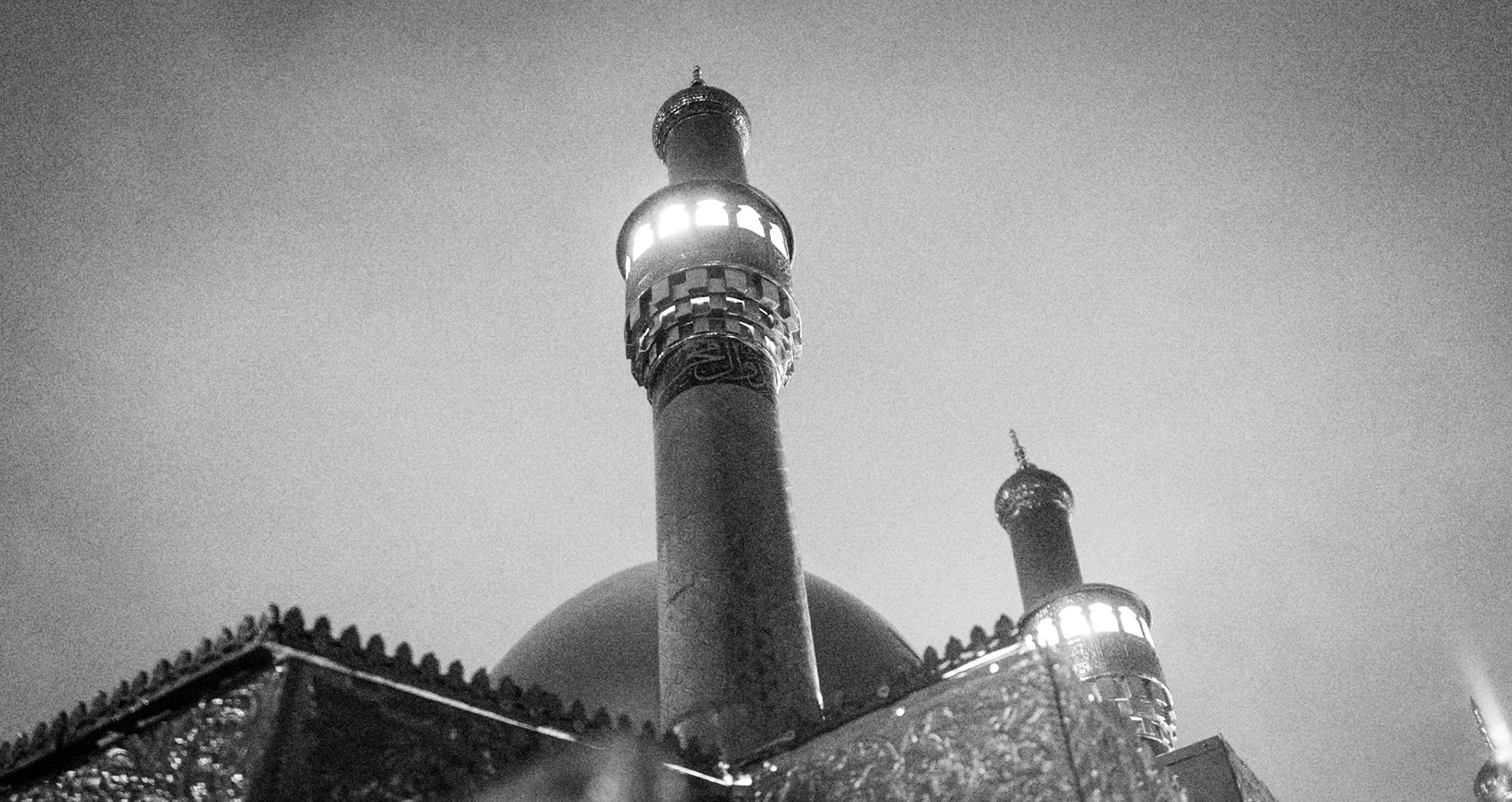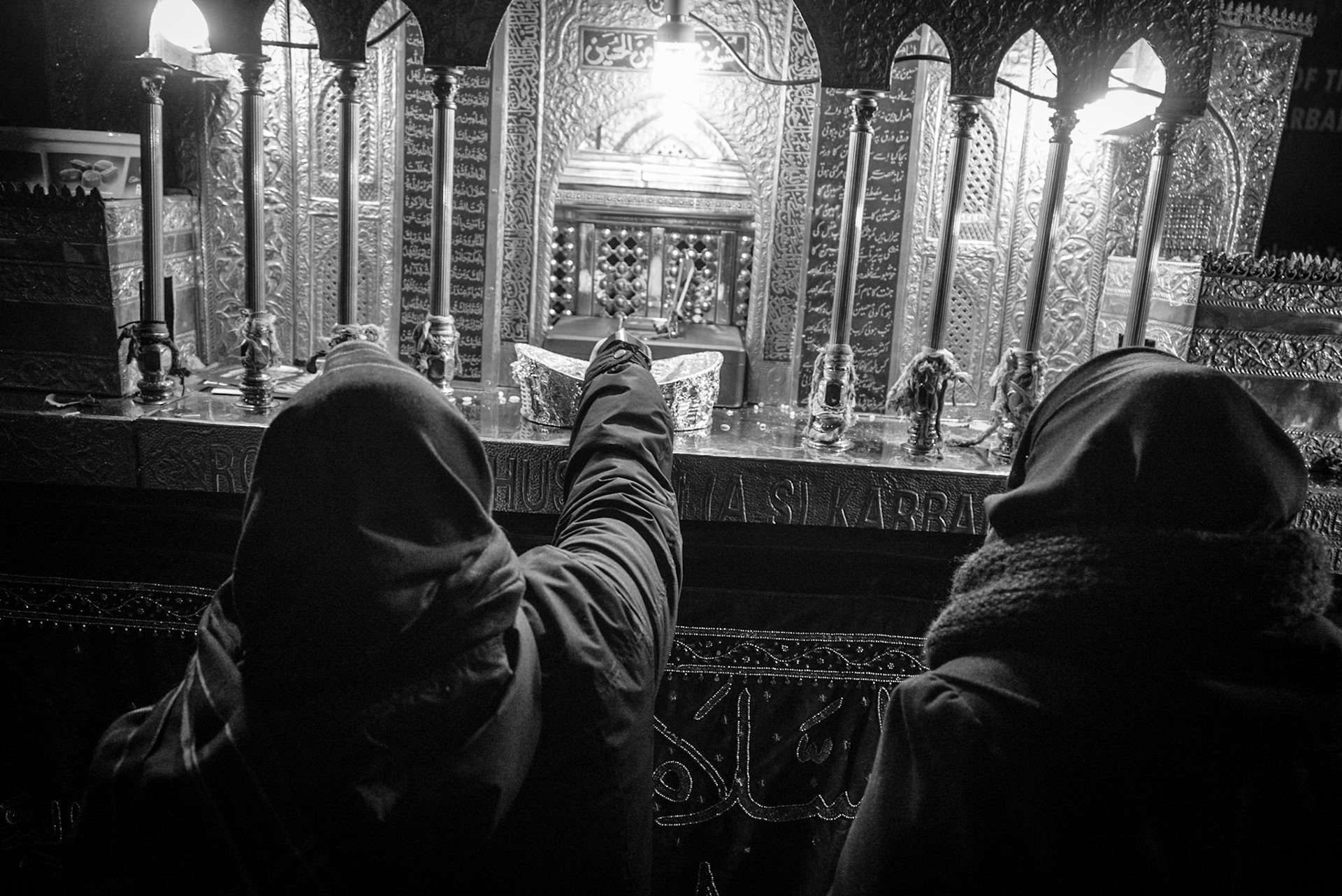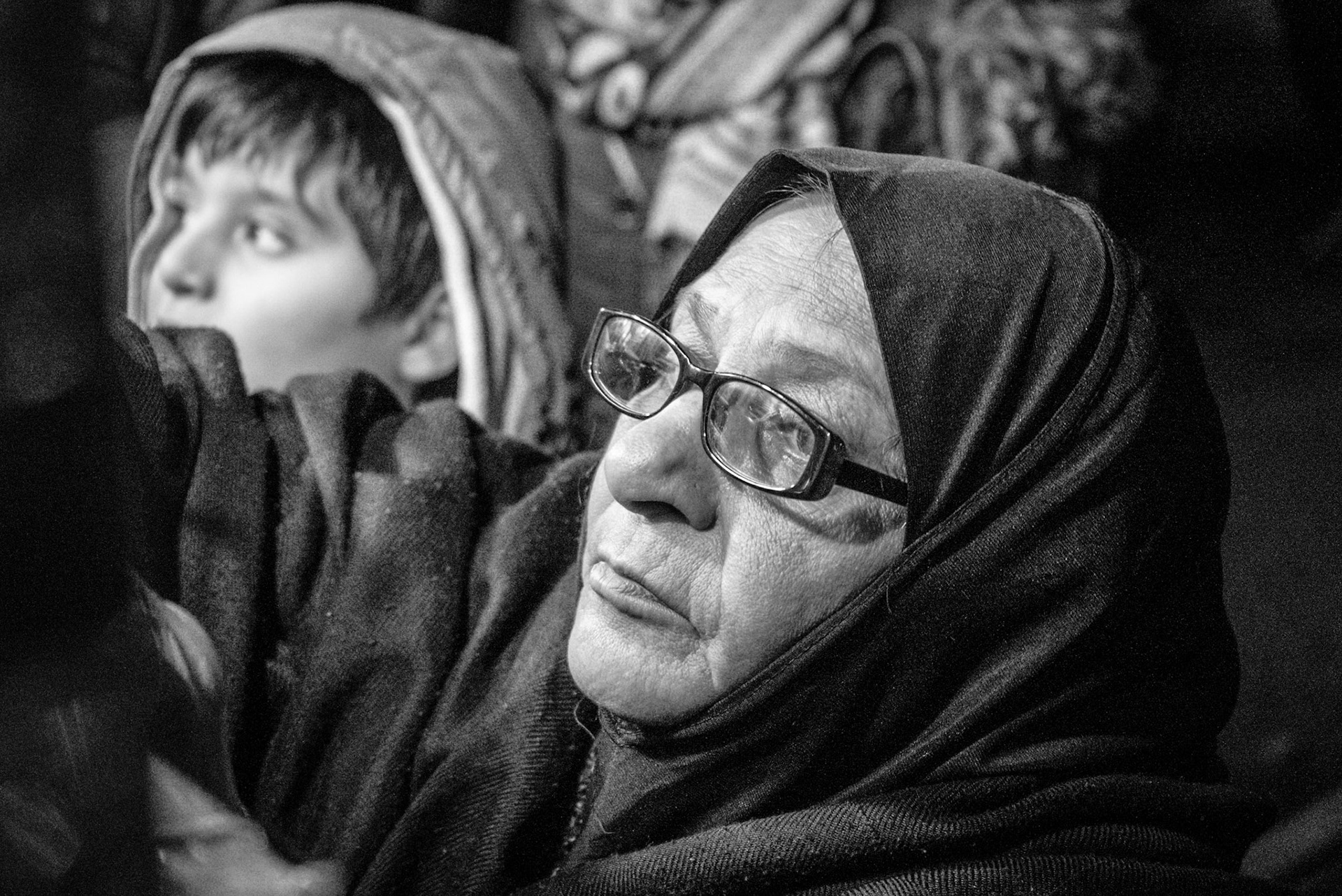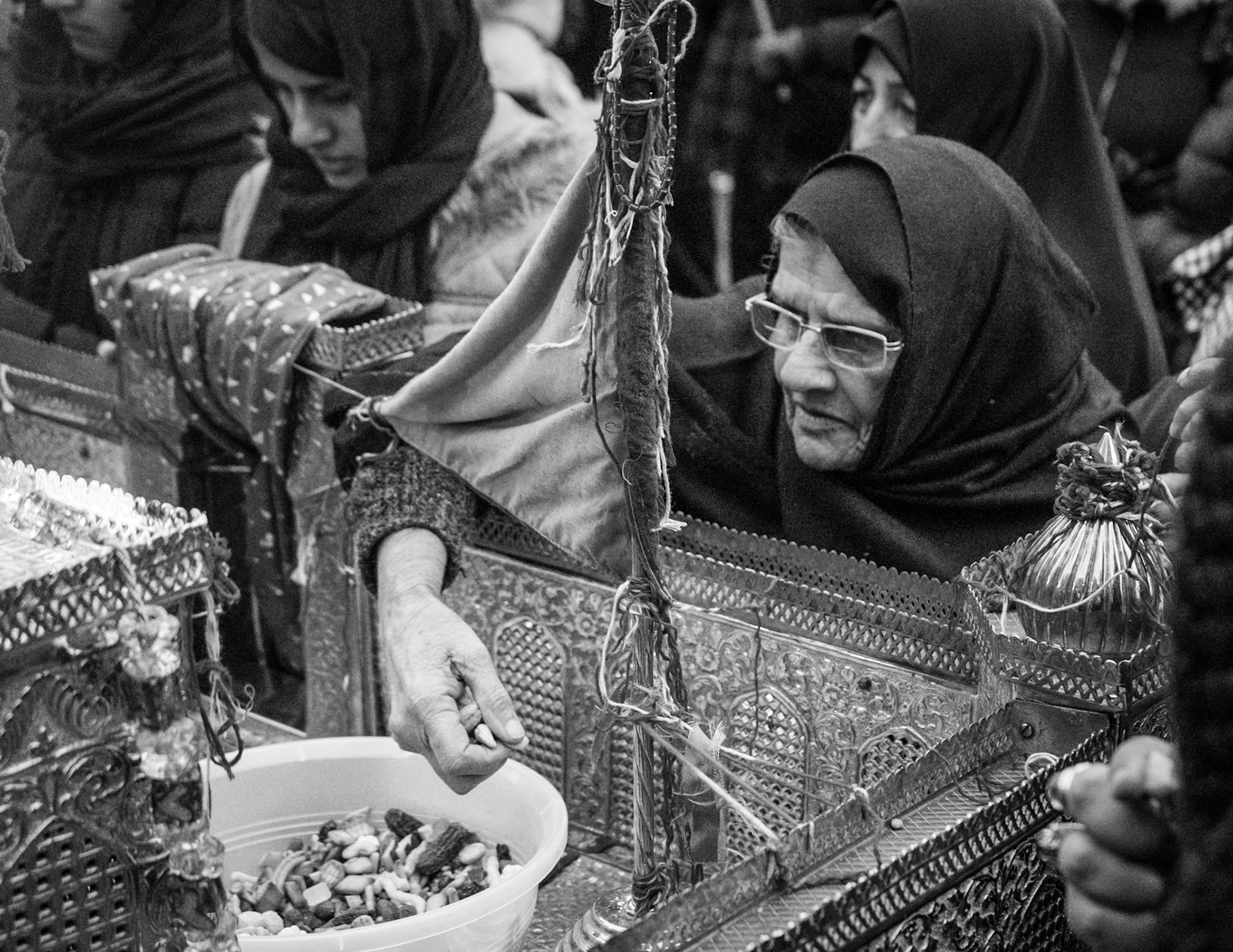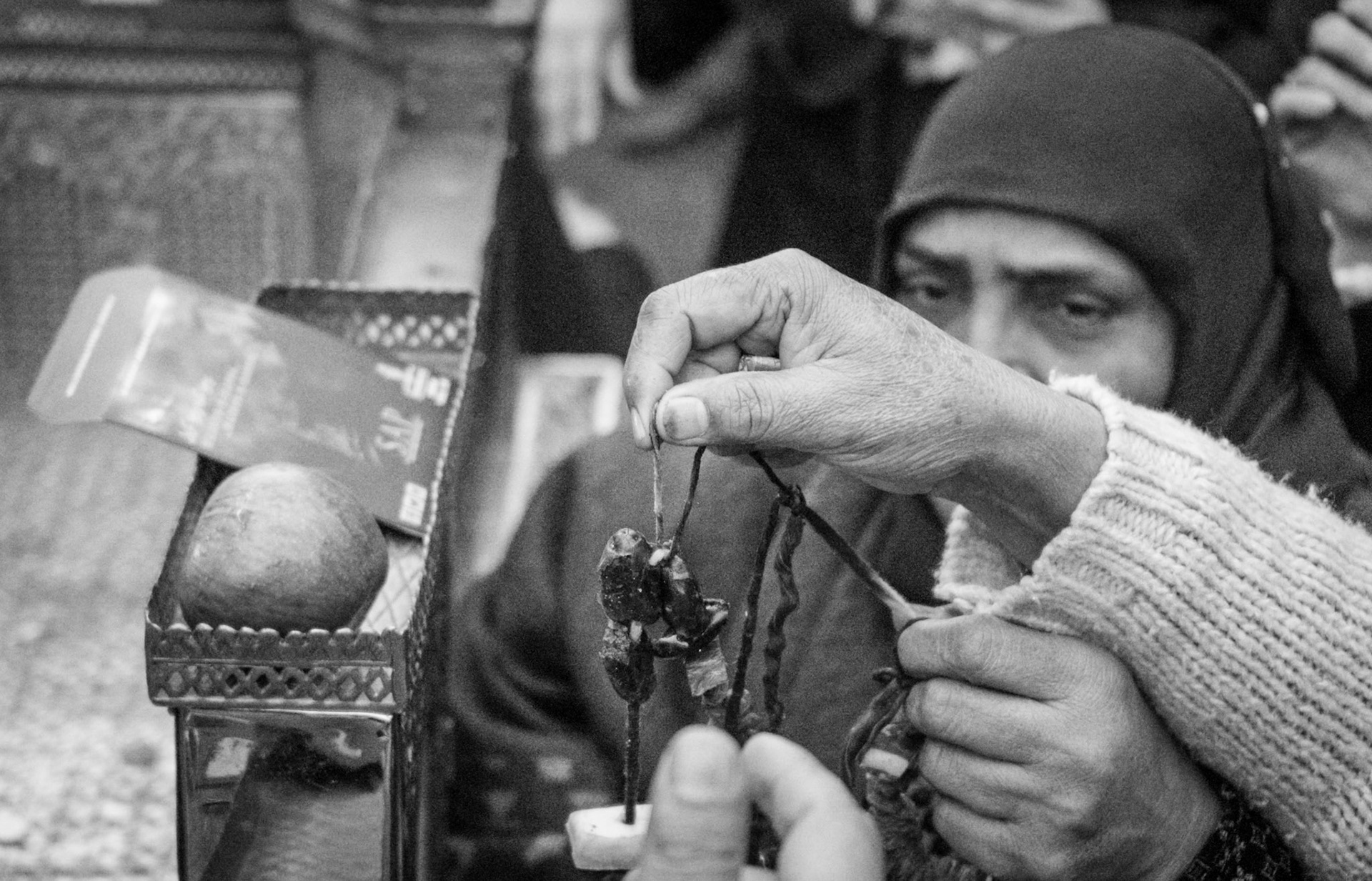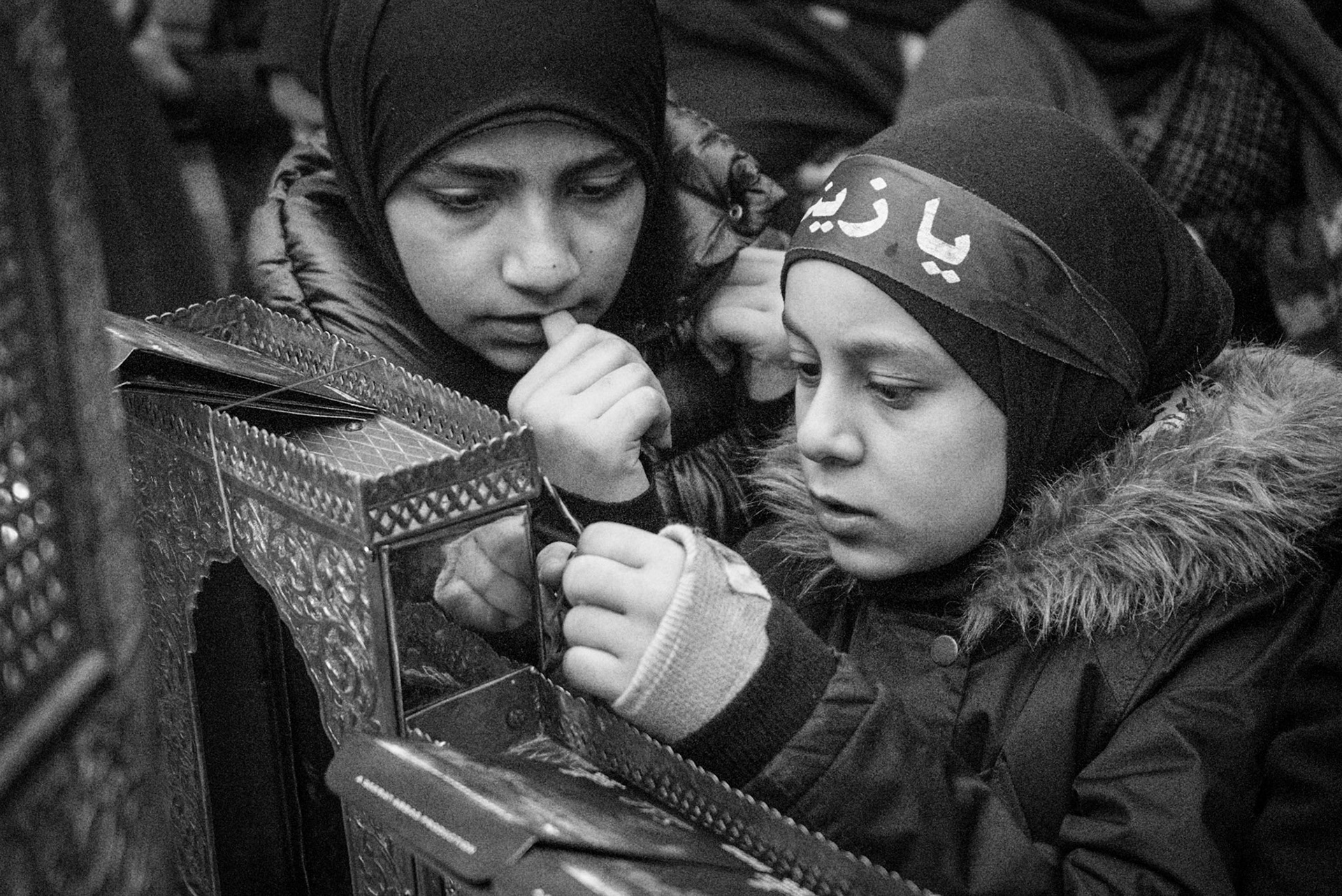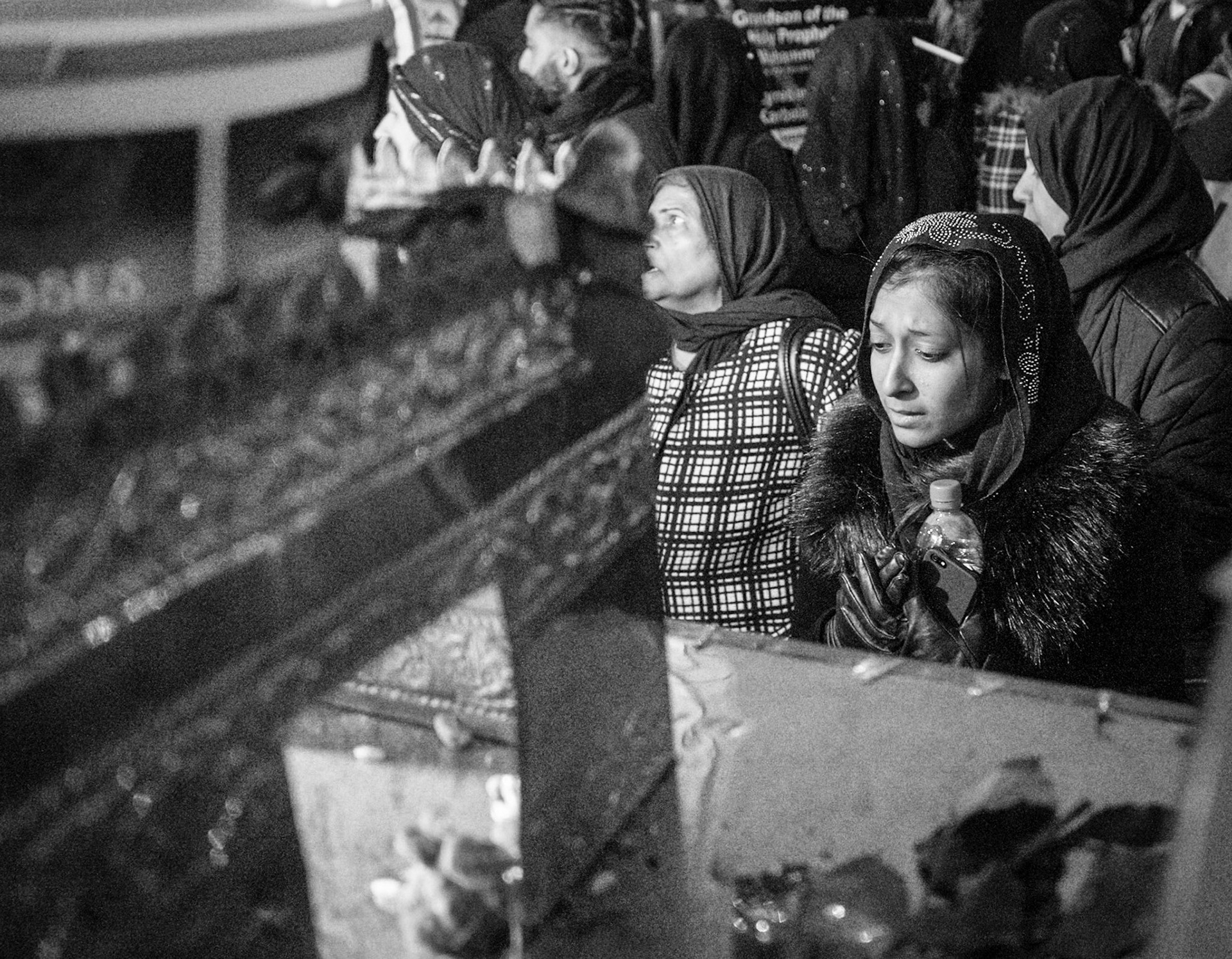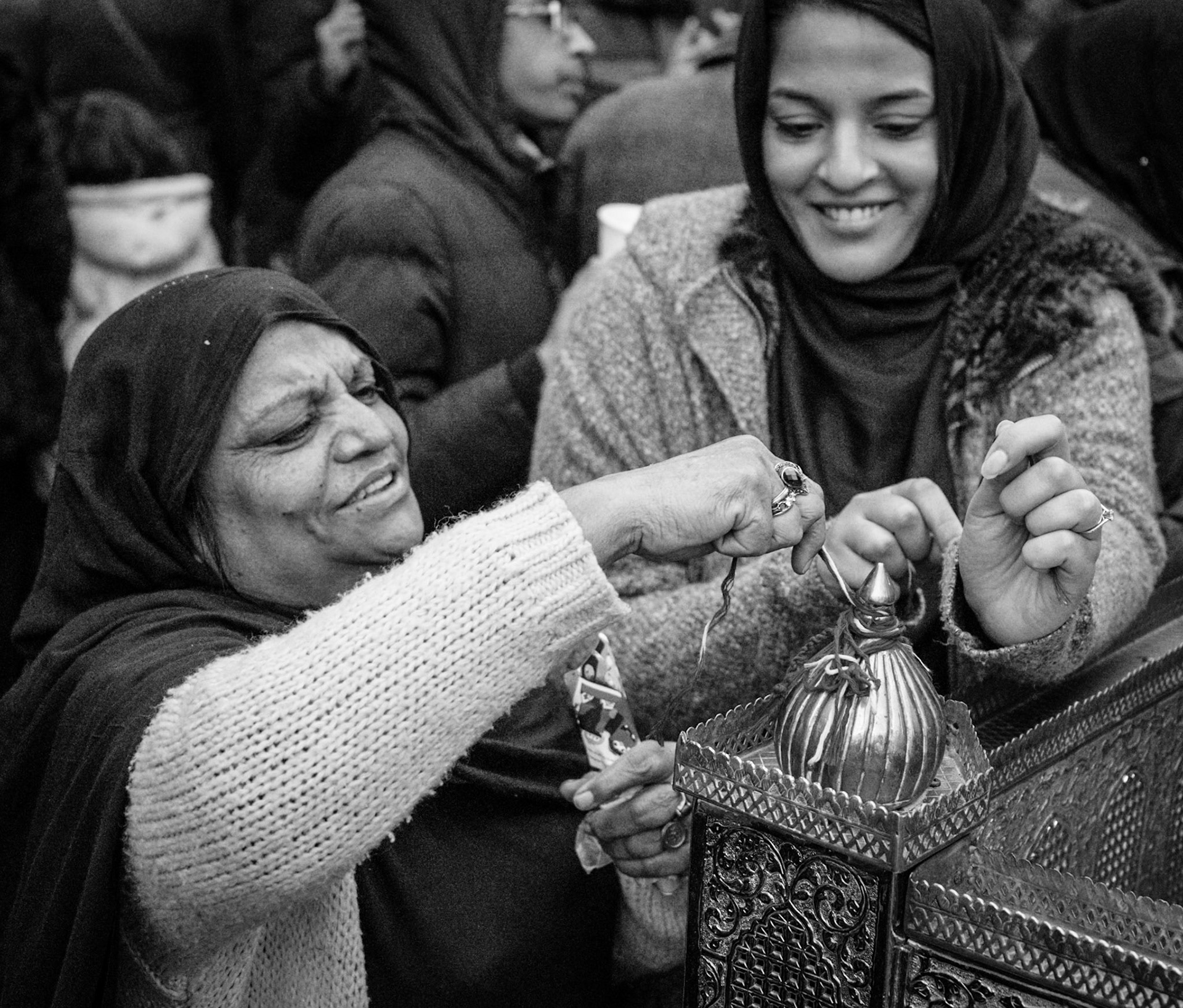BEYOND MOMENTS: TEAR MAKER
BOOK, EXHIBITION & FEATURE FILM
In 680 A.D. Damascus, Yazid Bin Muawiya usurps the Khilafa (Leadership of the Muslim world) beginning a tyrannical rule, which will change Muslim history forever, corrupting its teachings and setting a precedent of dictatorship and oppression by rule of the sword. One man, Imam Hussain, the grandson of Prophet Mohammed, refuses to submit to the tyranny of Yazid.
“It is better to die opposing oppression than to live as oppressed people…It will be the victory of our blood over the swOrd that sheds it”
72 ordinary men with their wives and children follow Imam Hussain to Karbala, Iraq to confront Yazid's full army of professional soldiers. It is a journey to certain death.
They prAy for mercy for their soulS as they prepare themselves to die
The massacre of Karbala has become a symbol of the weak standing up for justice and against oppression. A symbol that every generation has absorbed into their reality and collective memory bringing their own versions of “the tyrant” to the story. For the last generation of Iraqis Saddam represented the tyrant Yazid. For today's generation ISIS and their self-declared Khalifa embodies the unjust Khalifa Yazid and his brutal army.
Today the Master "Tear Maker" enchants the crowd with the narration of this epic event. Every night the crowd hears what happened in the battle of Karbala that very day in the 7th century.
Every year millions gather in Karbala at the scene of the battle to re-enact the events in a pageant play and to take part in the story played out over the 10 days of the battle. In Iraq it is not only Muslims but also the Christians and the Jews who commemorate this event and march to Karbala together and in the footsteps of Al-Hussain.
For 10 nights the story is recited by master storytellers. I call them the “Tear Makers”. Trained in the fine art of reducing audiences to tears. Each member of the audience brings whatever suffering or loss that they have experienced that year to this safe place of collective mourning. Here they are transported to the 7th century battlefield and relive the pain.
The project follows a group of Iraqi migrants in London. Guided by a tear maker they commemorate these secret ceremonies behind closed doors, with uncontrollable wailing, chest beating and self-flagellation culminating on the 10th day with some of the mourners cutting their foreheads with swords. The project visually explores the power of storytelling and how a tale can resonate through the ages to dramatically affect the lives of ordinary people.
“The progress of Islam does not depend on the use of The sword, but on the supreme sacrifice of Hussain. I learnt from Hussain how to achieve victory whilst being oppressed.” - Mahatma Gandhi
“No battle in the modern and past history of mankind has earned more sympathy and admiration as well as provided more lessons than the martyrdom of Husayn in the battle of KARBALA.” - Antoine Bara (Lebanese writer of Husayn in Christian Ideology)
"It was possible for Hussein to save his life by submitting himself to the will of yazid. But his responsibility as a reformer did not allow him to accept yazid’s Caliphate. He therefore prepared to embrace all sorts OF discomfort and inconvenience in order to deliver Islam from the hands of the Omayyads. Under the blazing sun, on the parched land and against the stifling heat of Arabia, stood the immortal Hussein.” - Washington Irwing (American author, essayist, biographer & historian)
Following the success of his previous book BEYOND MOMENTS: MOROCCO and award-winning film AL-BAGHDADI, Maythem Ridha is currently in production on his next book, an exhibition and a film entitled TEAR MAKER.
The pilgrims beat their heads in mourning to the rhythmic chanting of the Tear Maker.
Al-Abbas, the brother of Hussain, was the flag bearer of his Army. As long as he stood firm the morale of the men remained high.
A boy gets drawn into the story of the young Ali Akbar, the son of Imam Hussain, on the battlefield.
Zuhair Bin Qayn commanded the right flank of Hussain's army.
A father teaches his daughter how to perform the Latum (Chest beating)
Two young boys experience the pain of Karbala on their first Latum, this is their rite of passage.
A young boy is overwhelmed by the impassioned crowd
The crowd reach a crescendo in their mourning. An altered state of uncontrollable grief and hysteria.
The hand of Abbas which was cut off during the battle.
After the battle, the widows and orphans are taken to Damascus where they are paraded through the city in order that people see that the rebellion has been quashed.
A boy kisses the cradle of baby Ali Asghar who was killed by the archers of Yazid
After the battle the population mourns the slaughter of the rebells. They walk through the street chanting. Today they walk the streets and chant also... "We wish we were with you Ya Hussain"
On the 40th Day - The survivors, including the young orphans were marched back to Karbala in order to bury the corpses that had remained on the battle field. TODAY the mourners cry and beat their chests as they march along the streets of London. The children dress up as one of the orphans. As Zainab, the sister of Imam Hussain, said after all the grief and trauma she had witnessed... "I saw nothing but the beauty of God"
A woman places offerings at a replica of the Shrine of Karbala set up in London's Marble Arch.
Slide Show
Please feel free to browse the slide show of selected images from the project below. In order to receive special invitations to exhibitions, book launch events and film screenings please also use our contact link above to provide your details for the mailing list.

